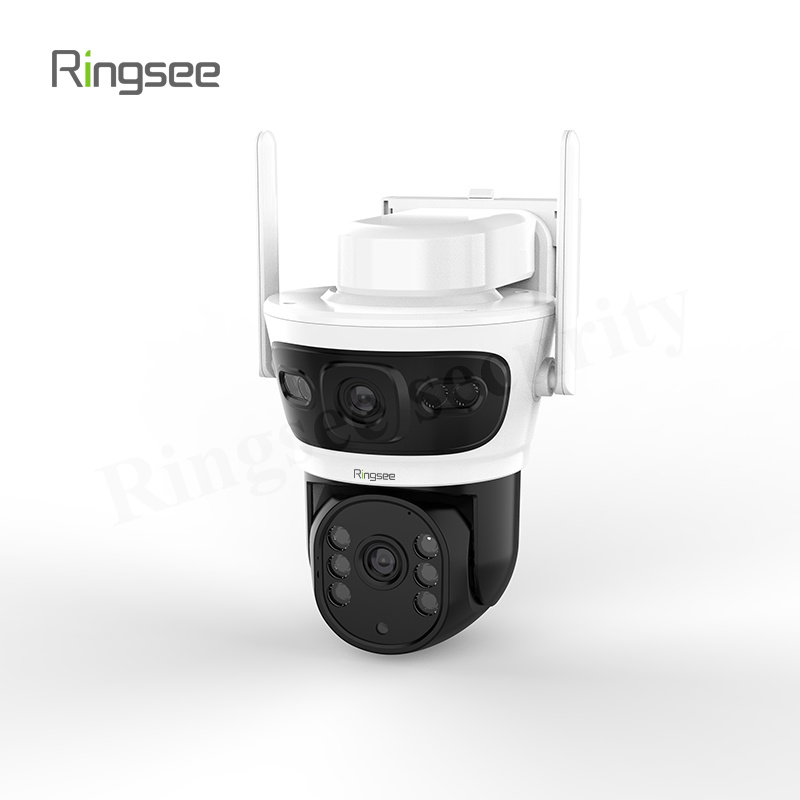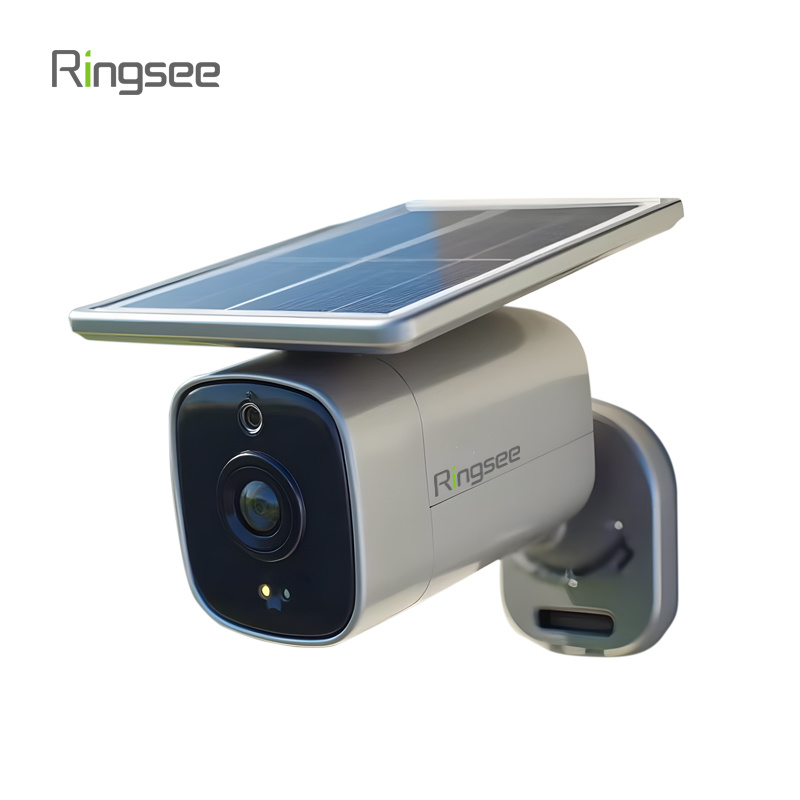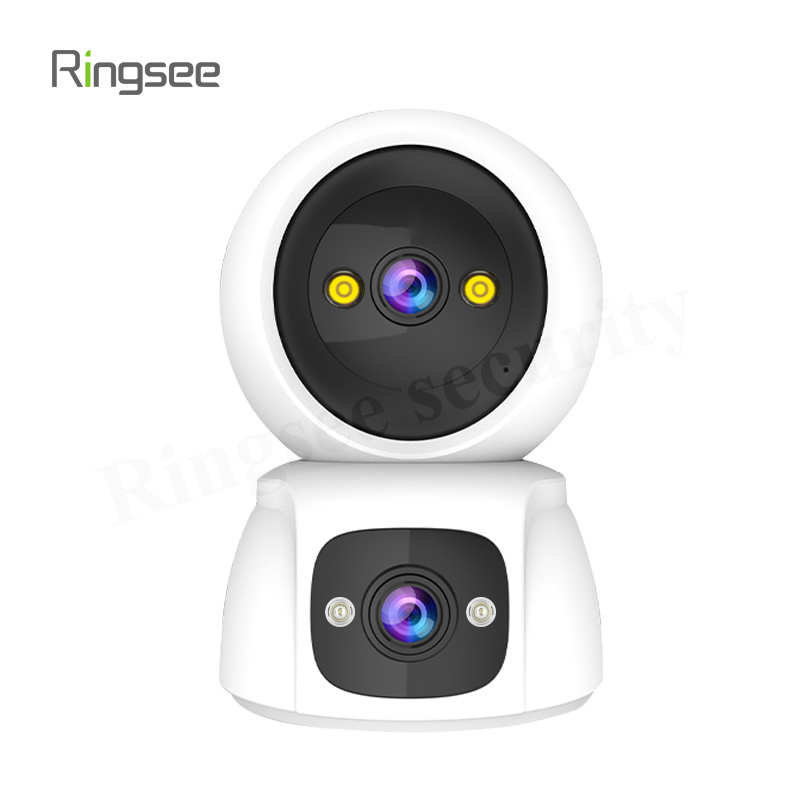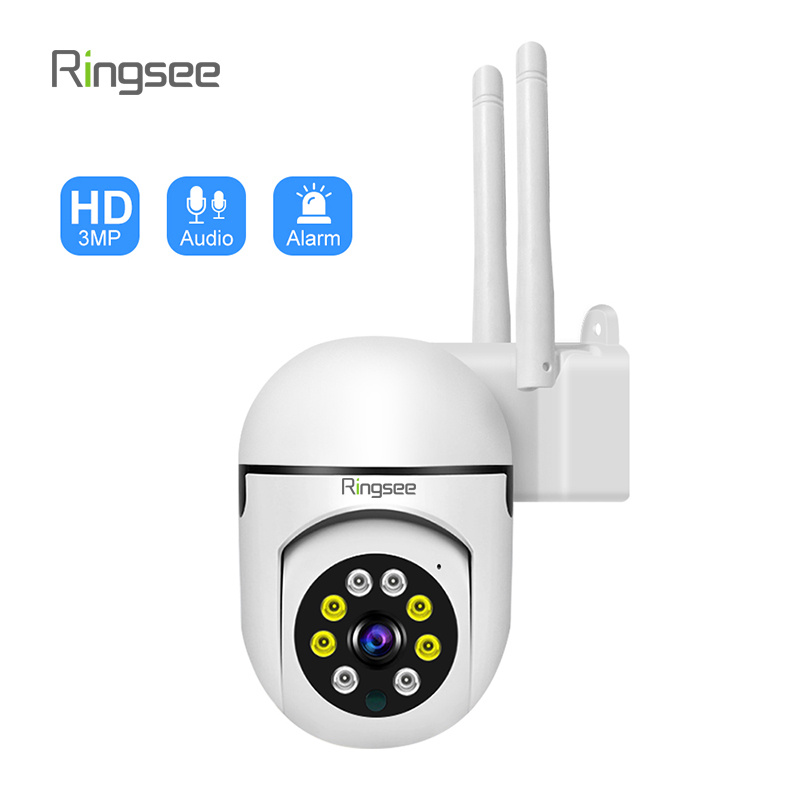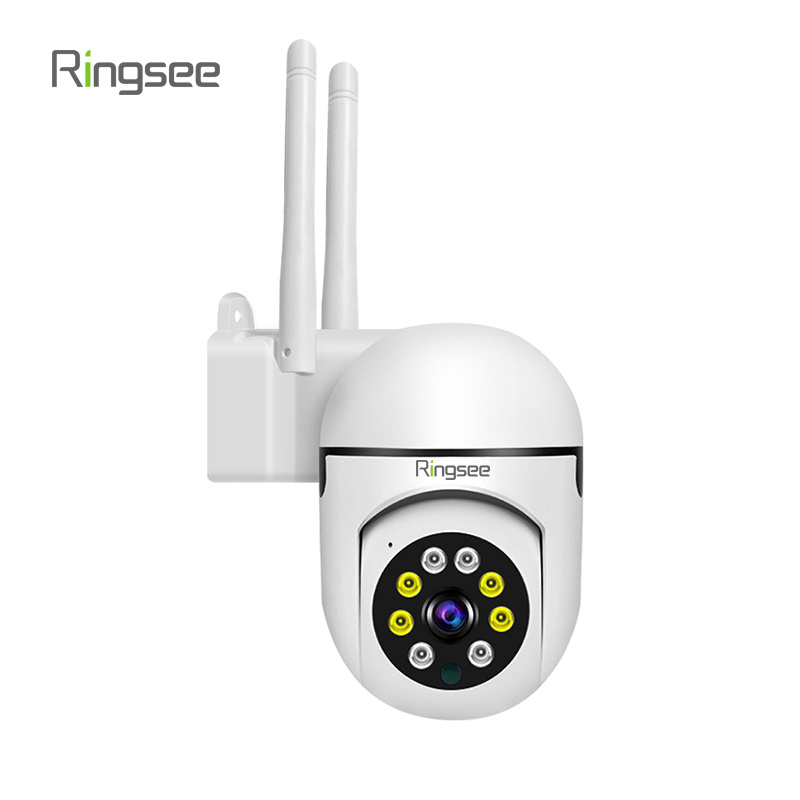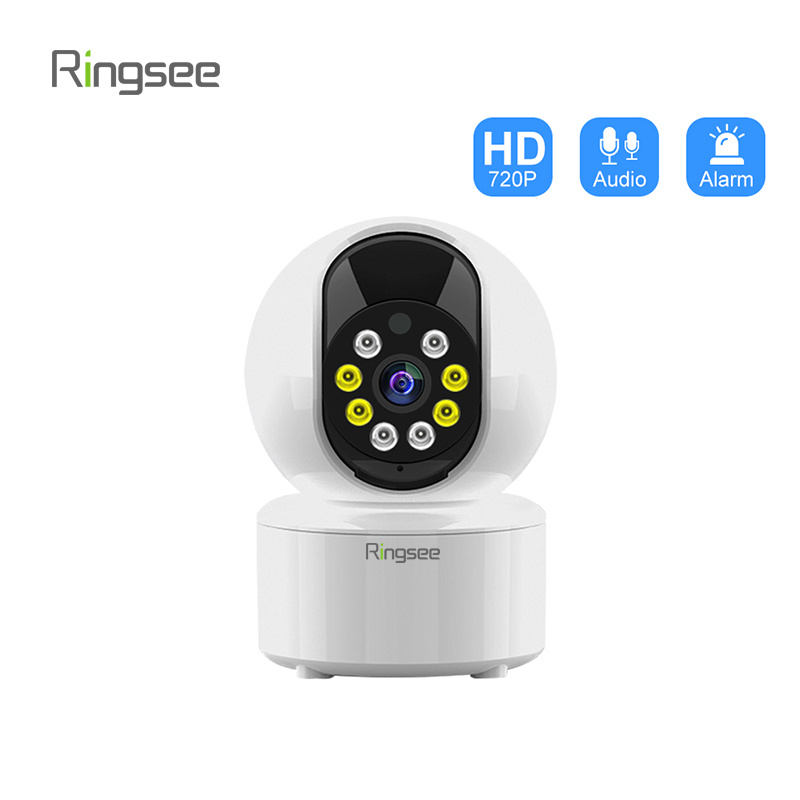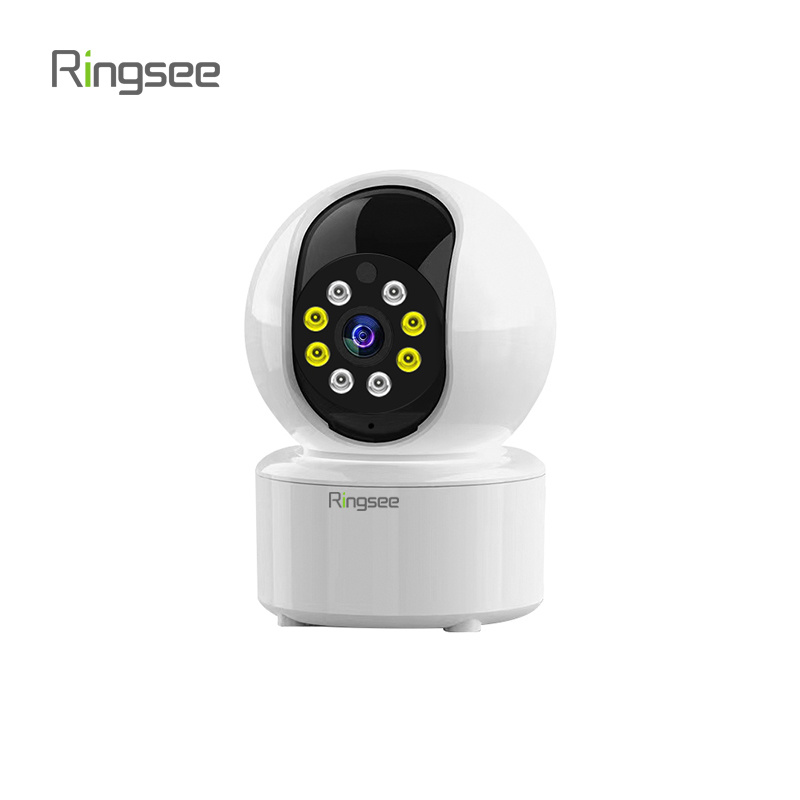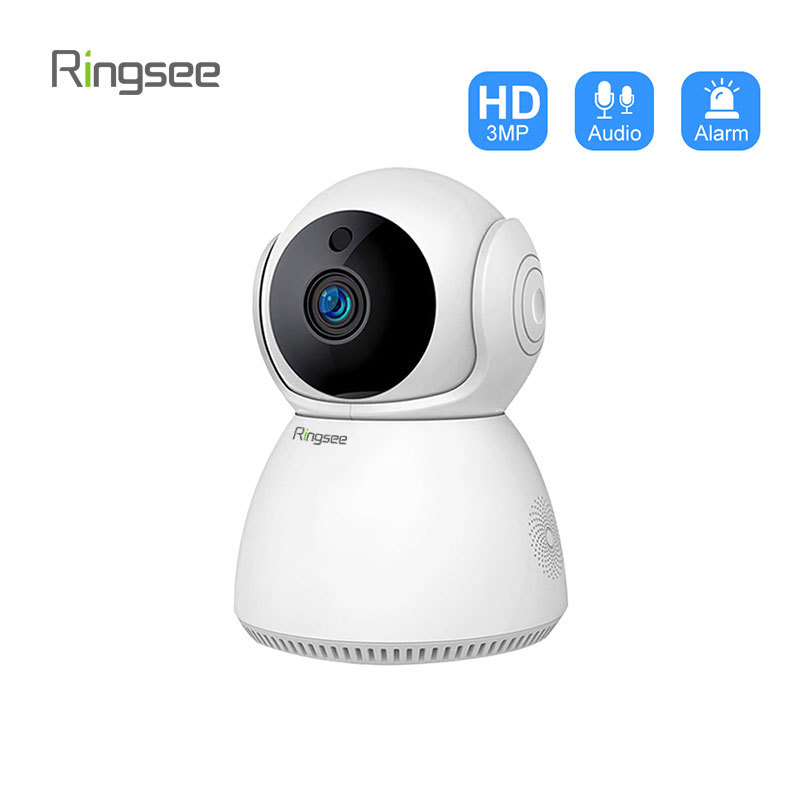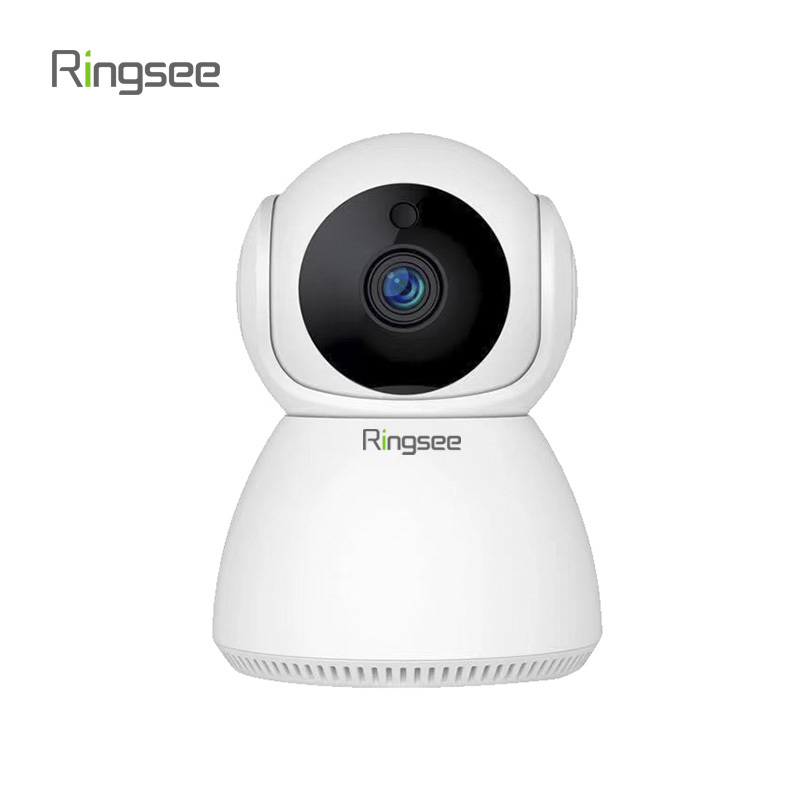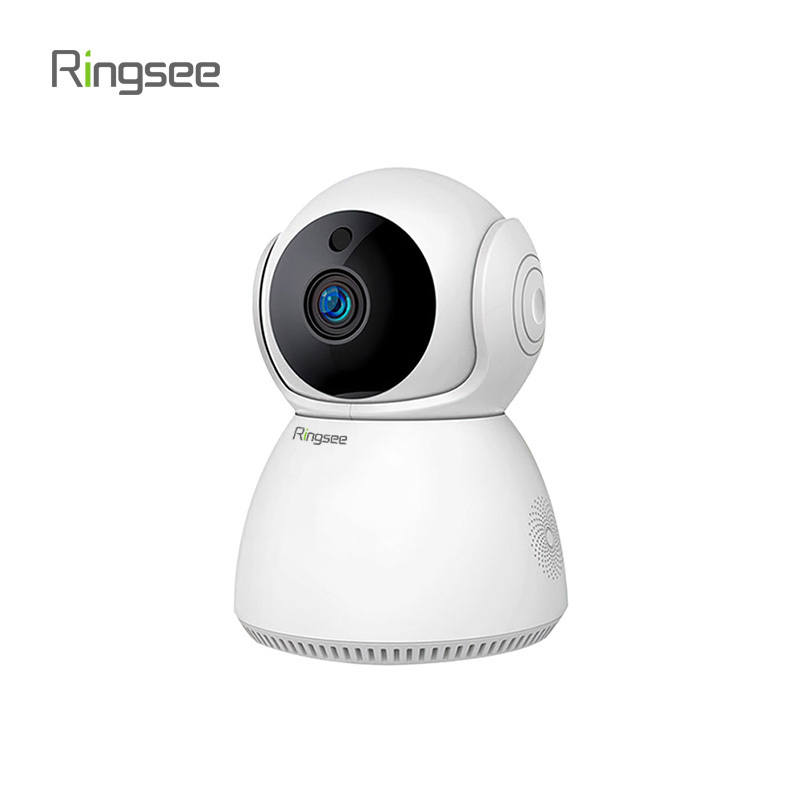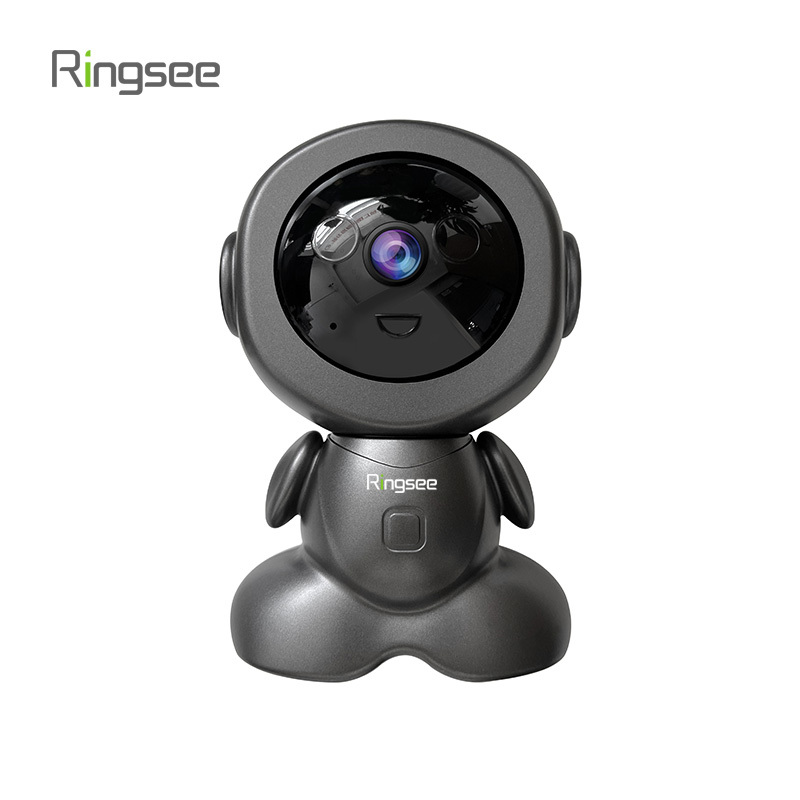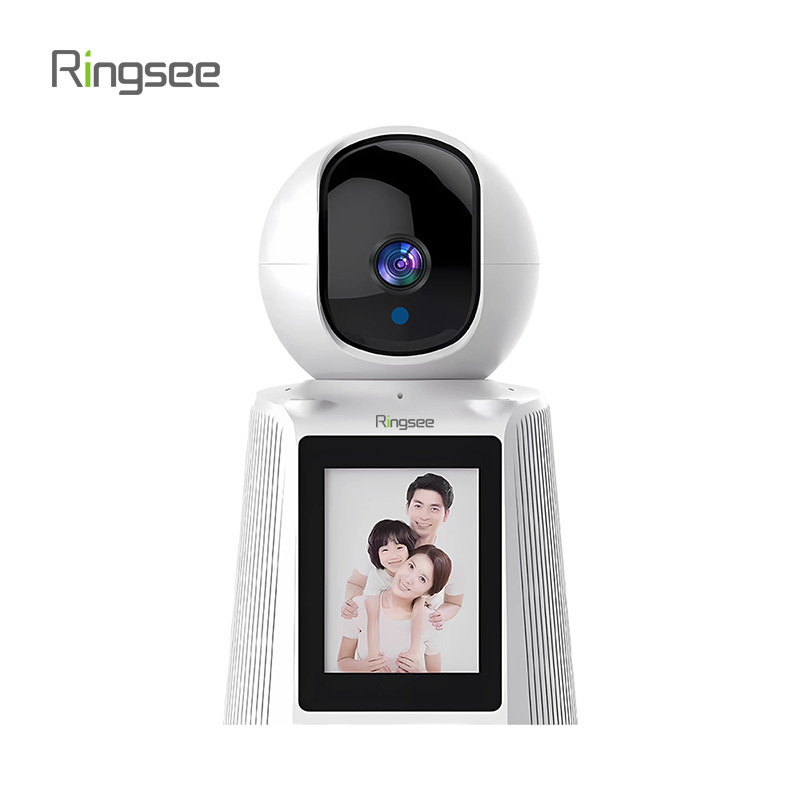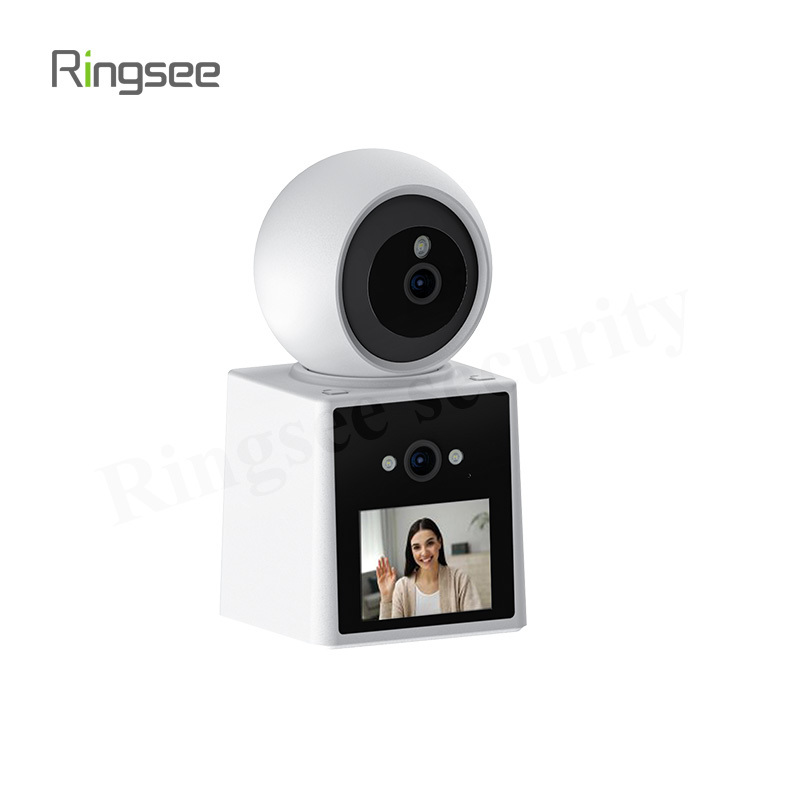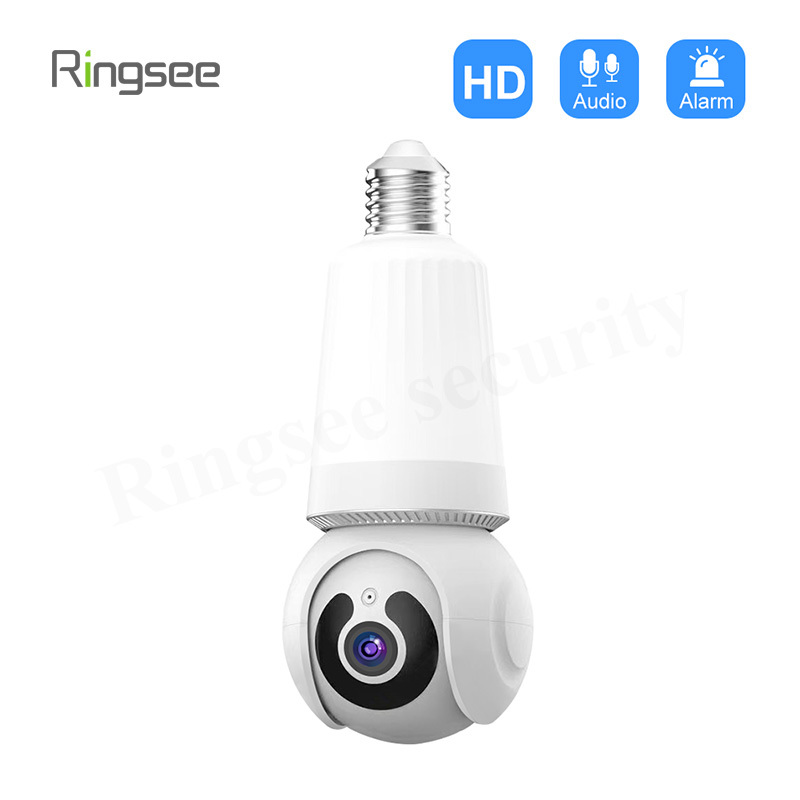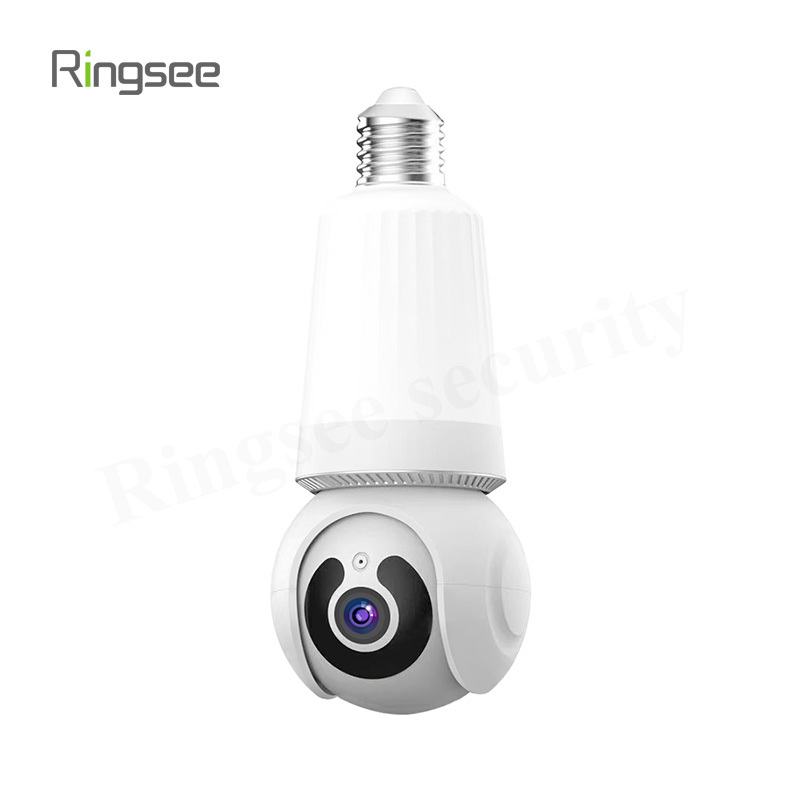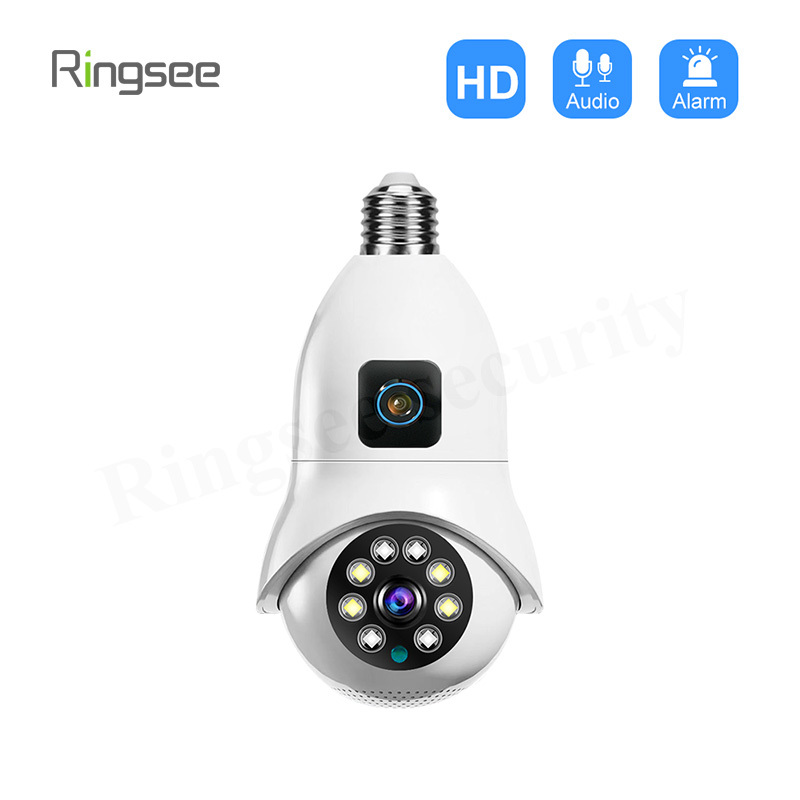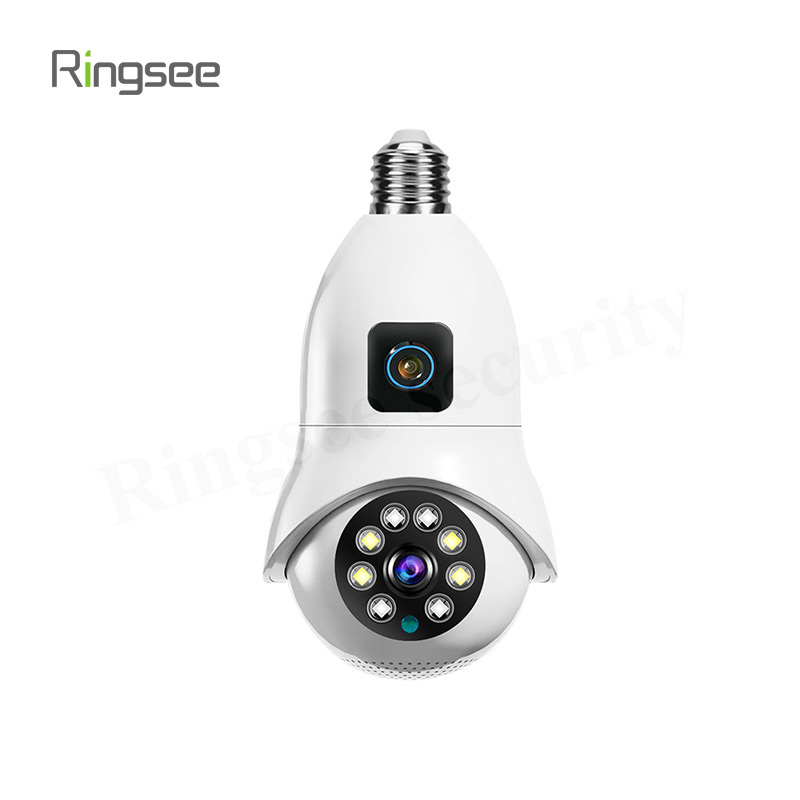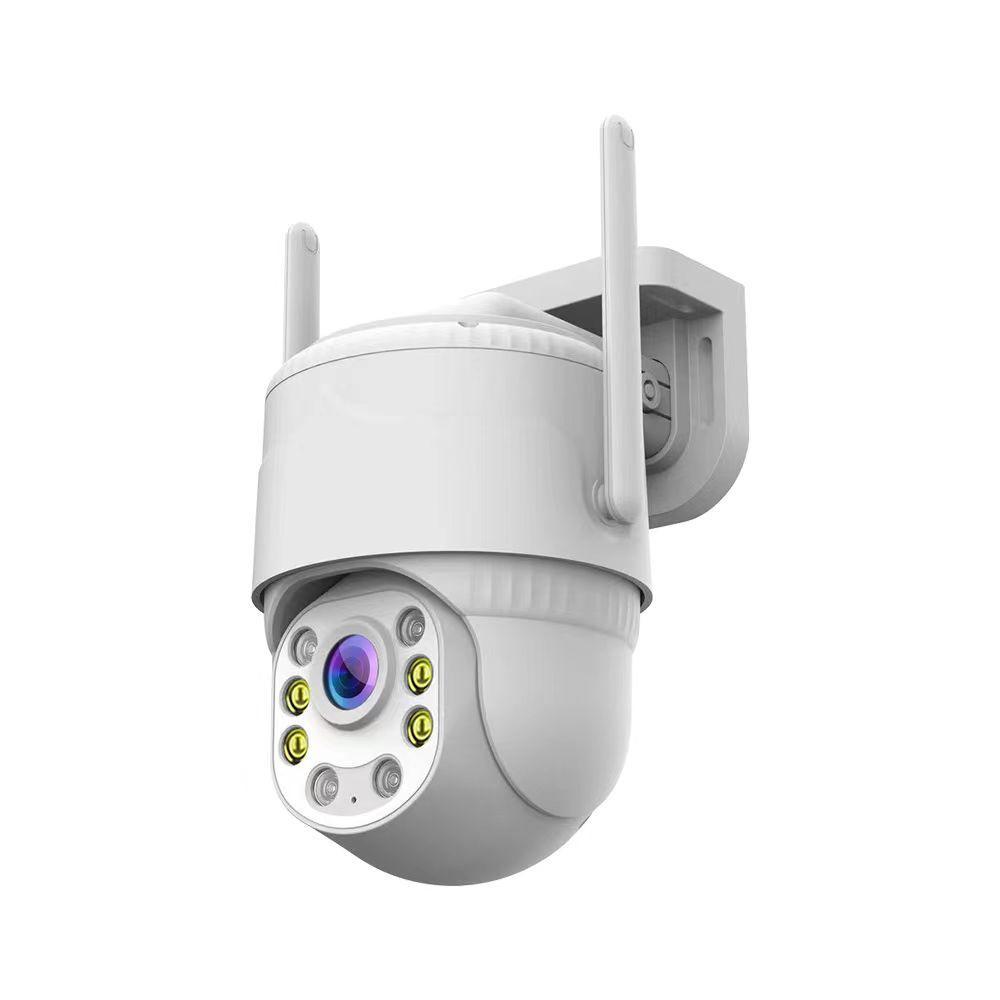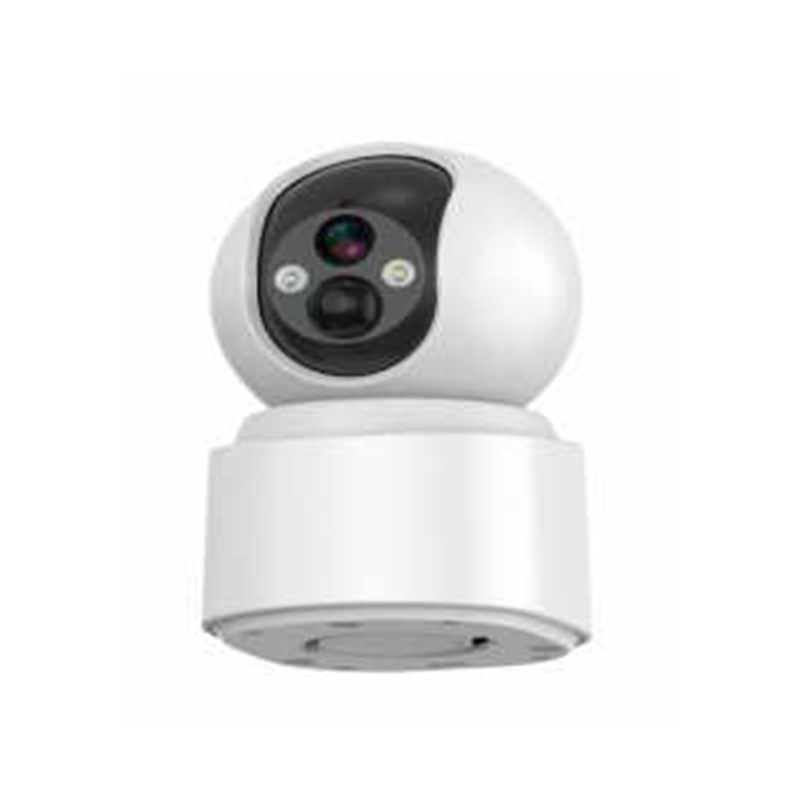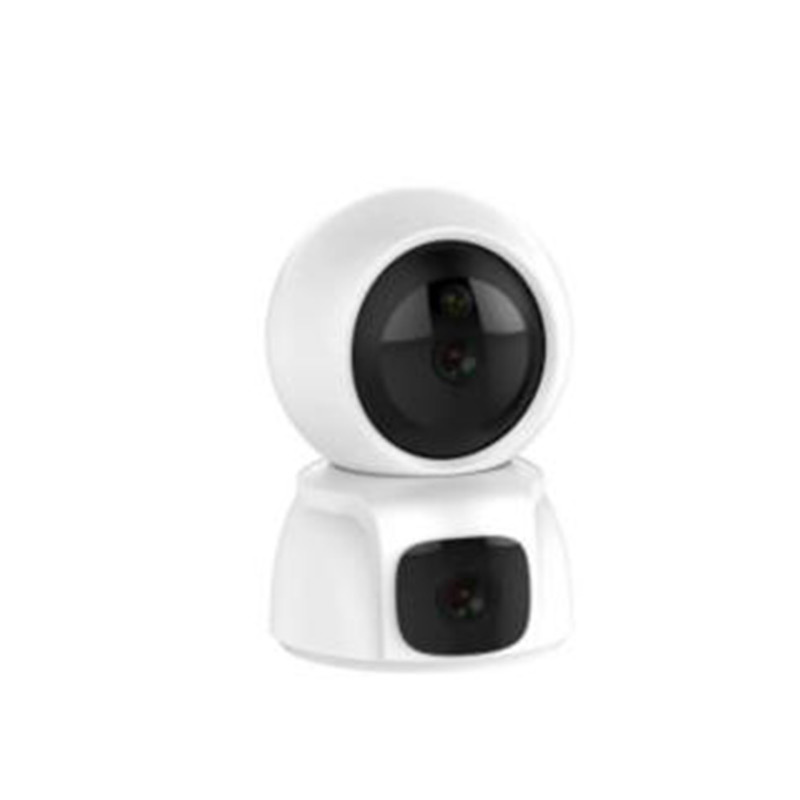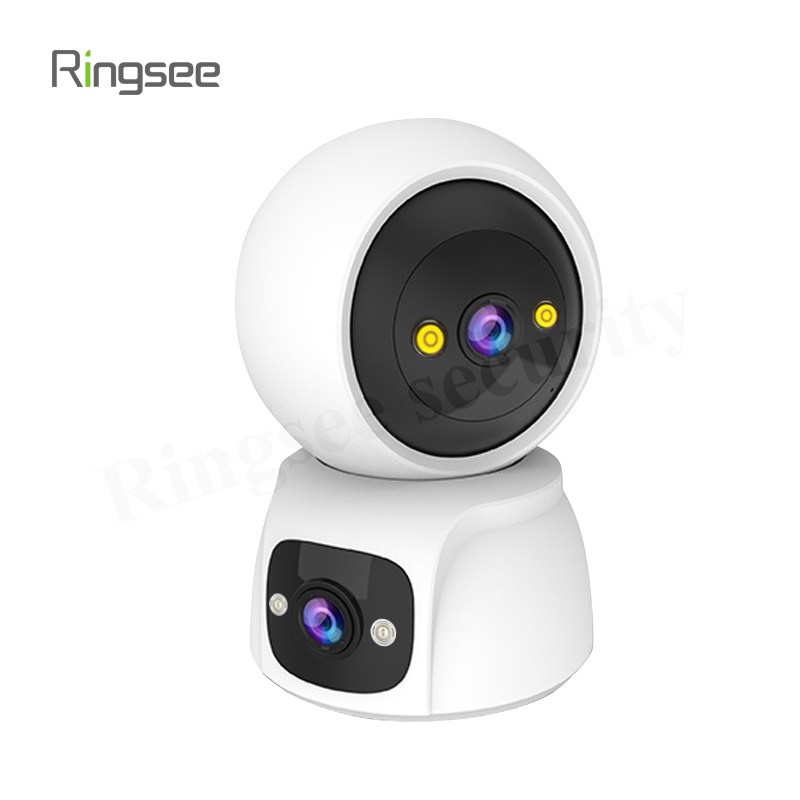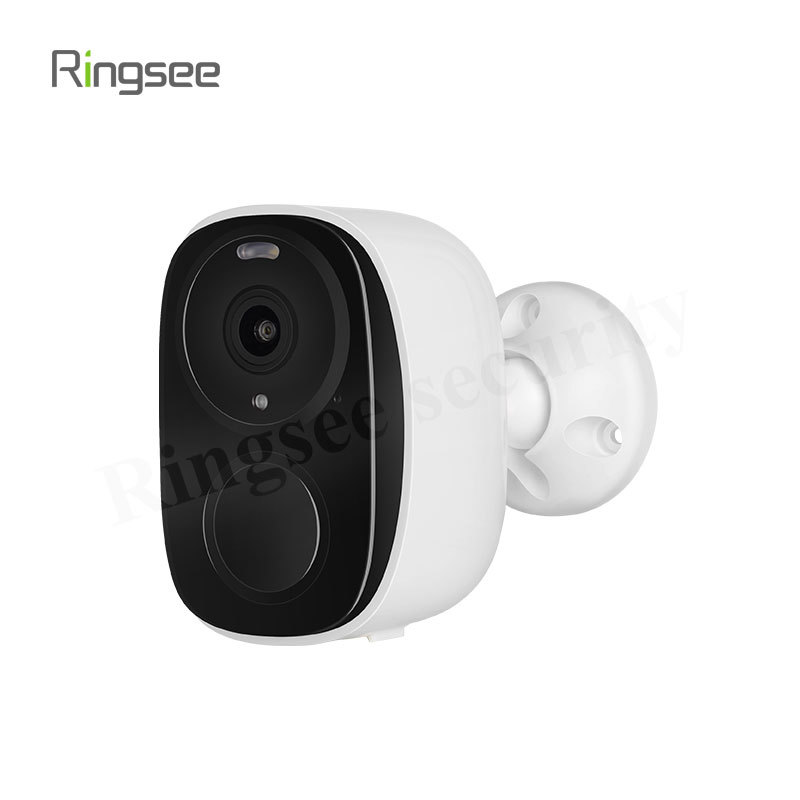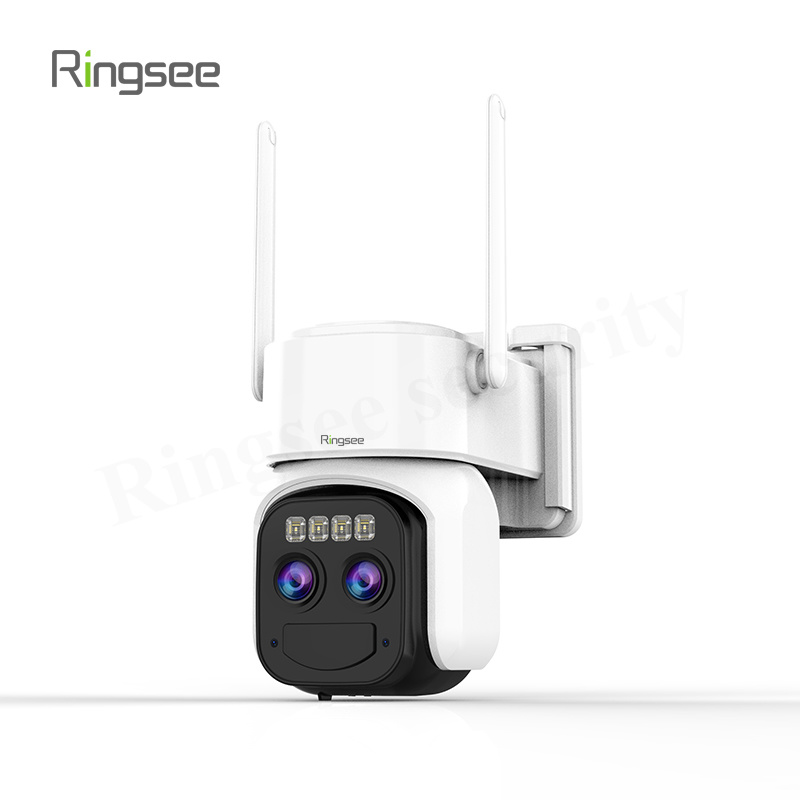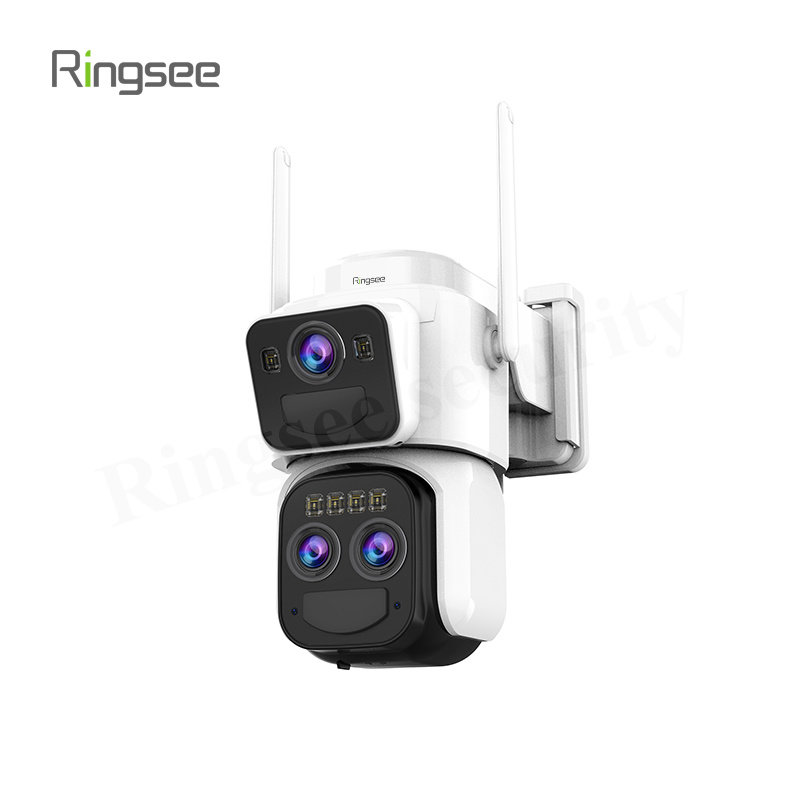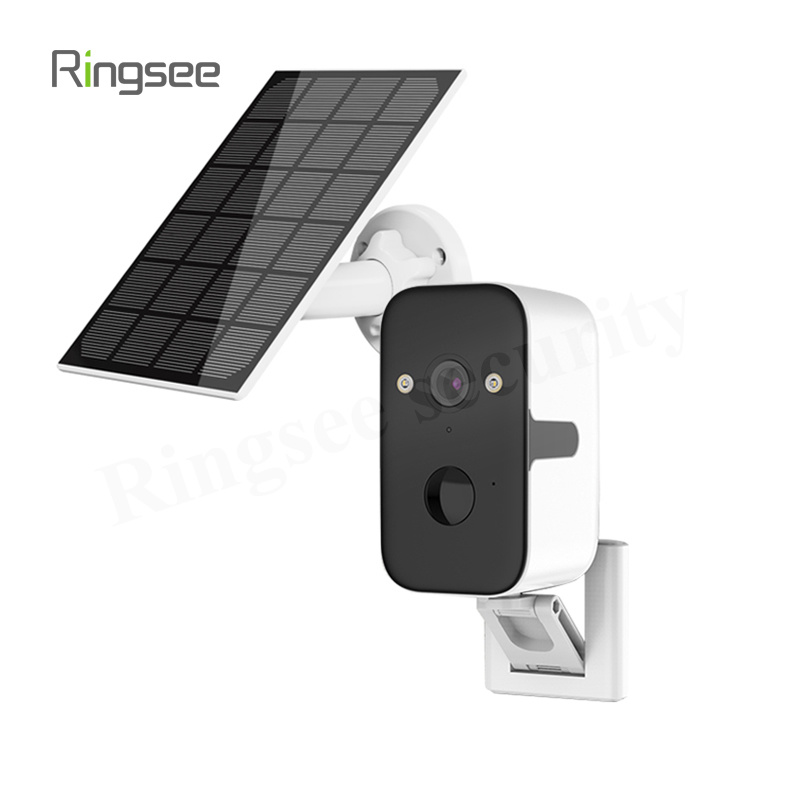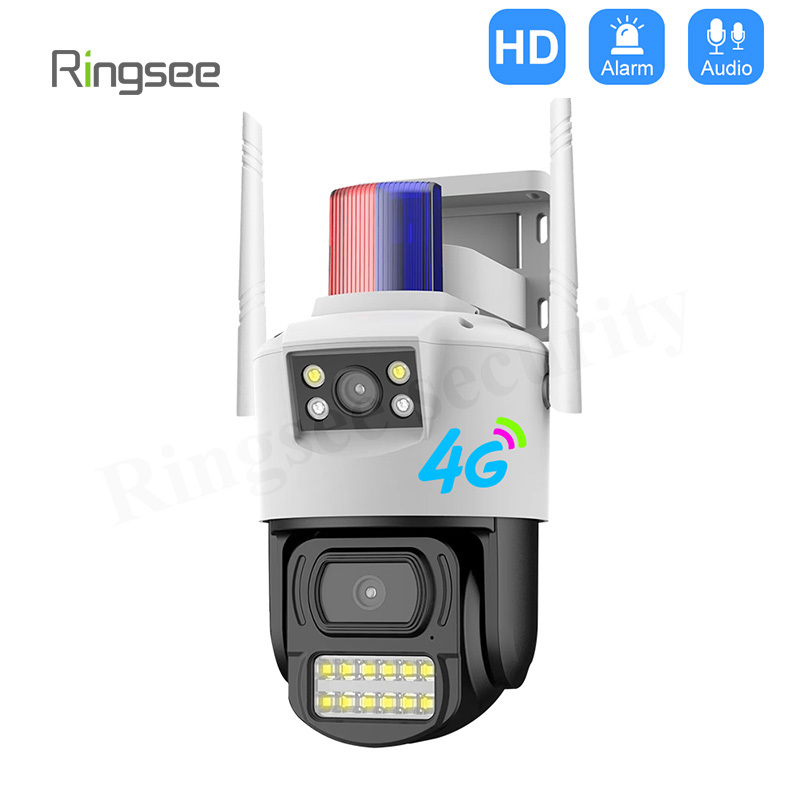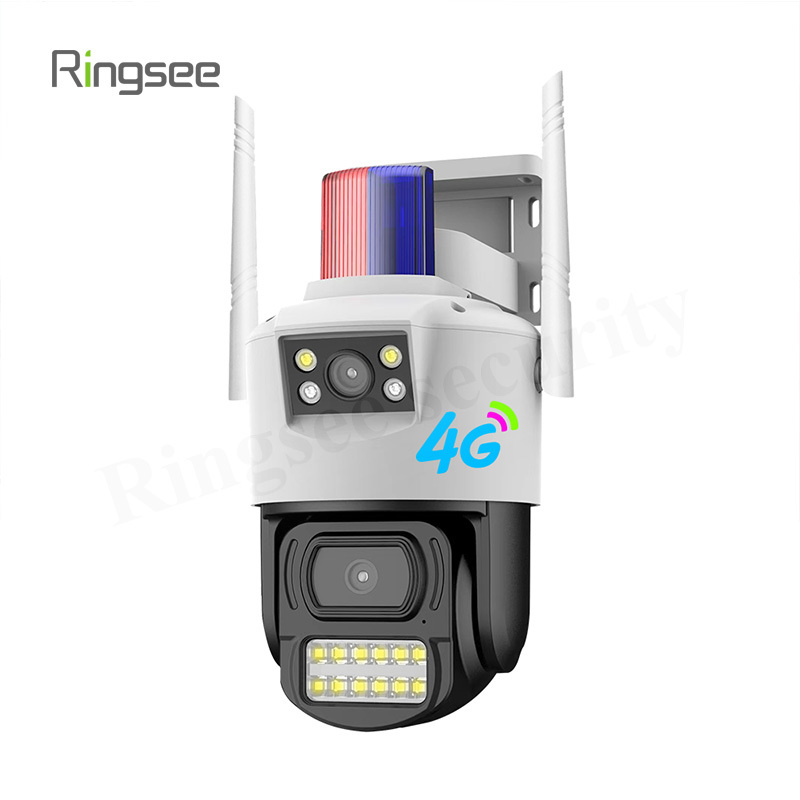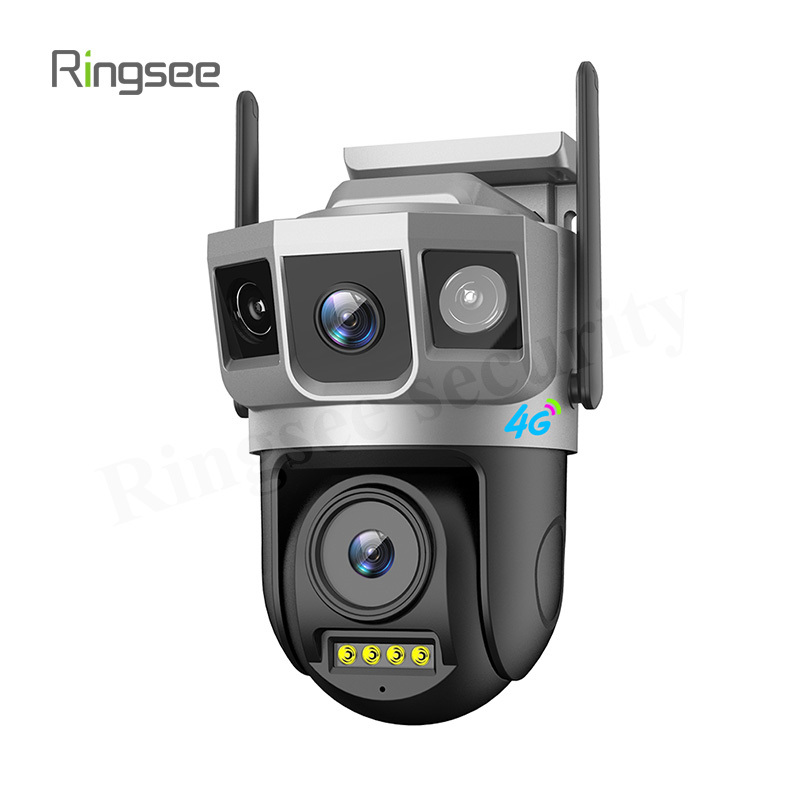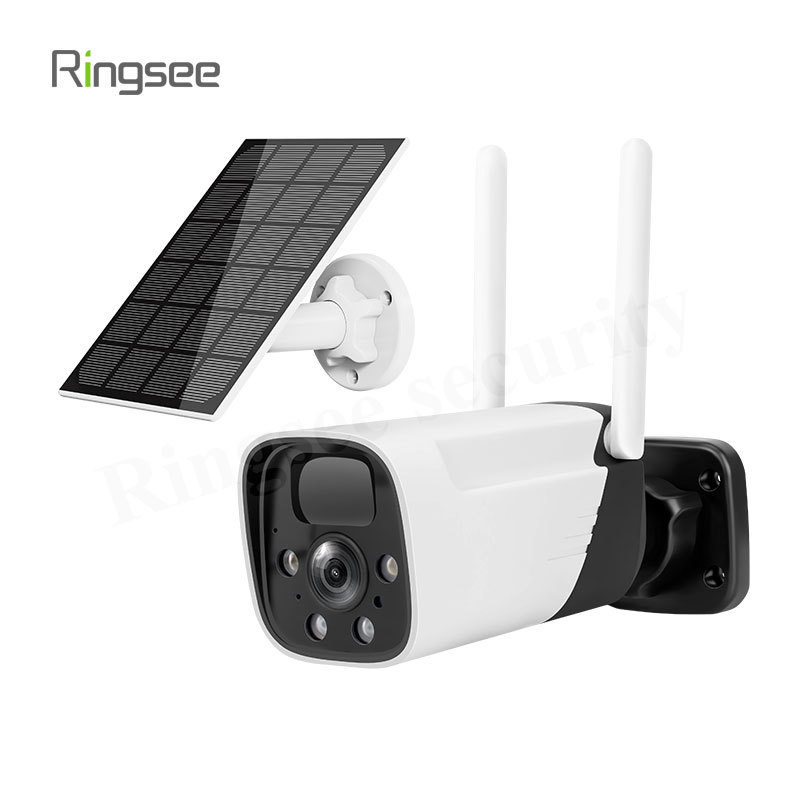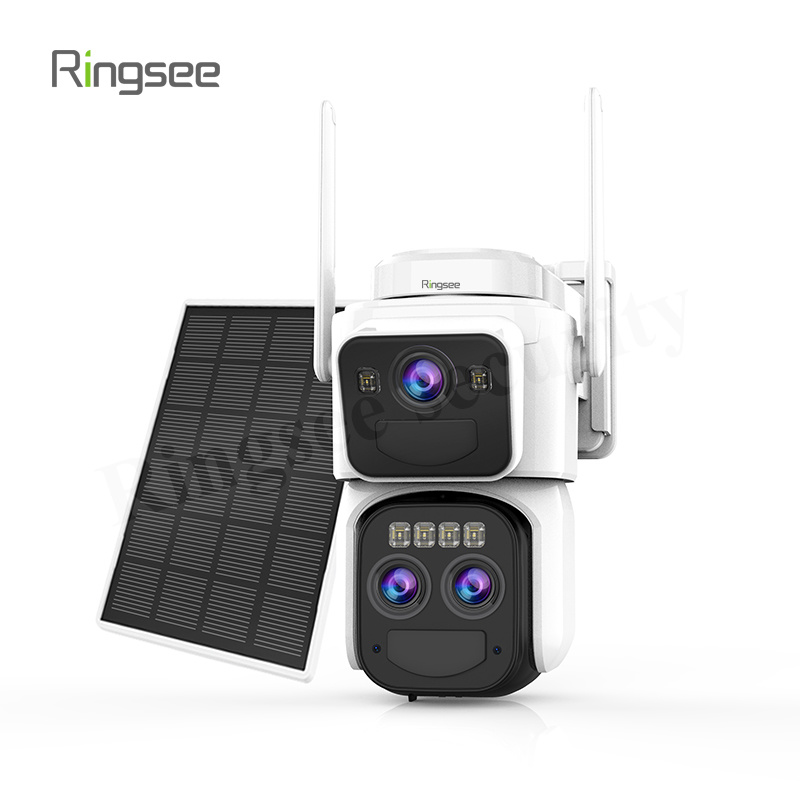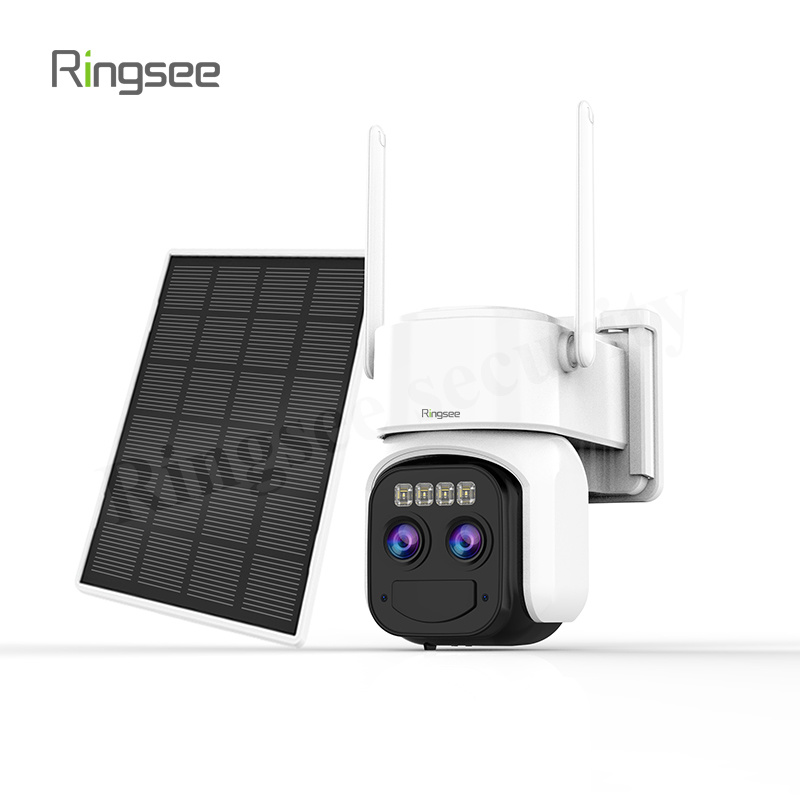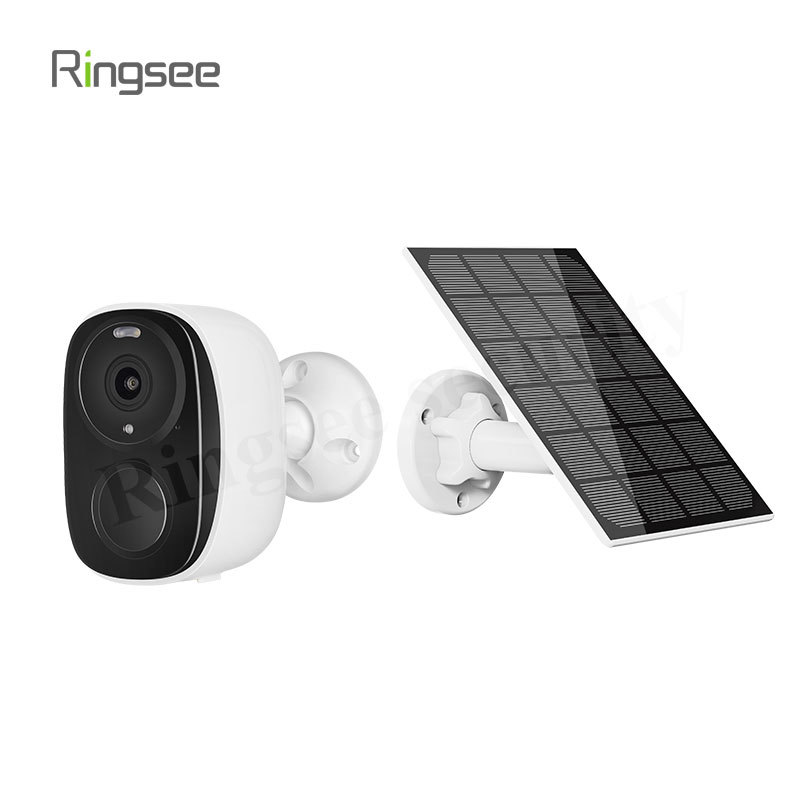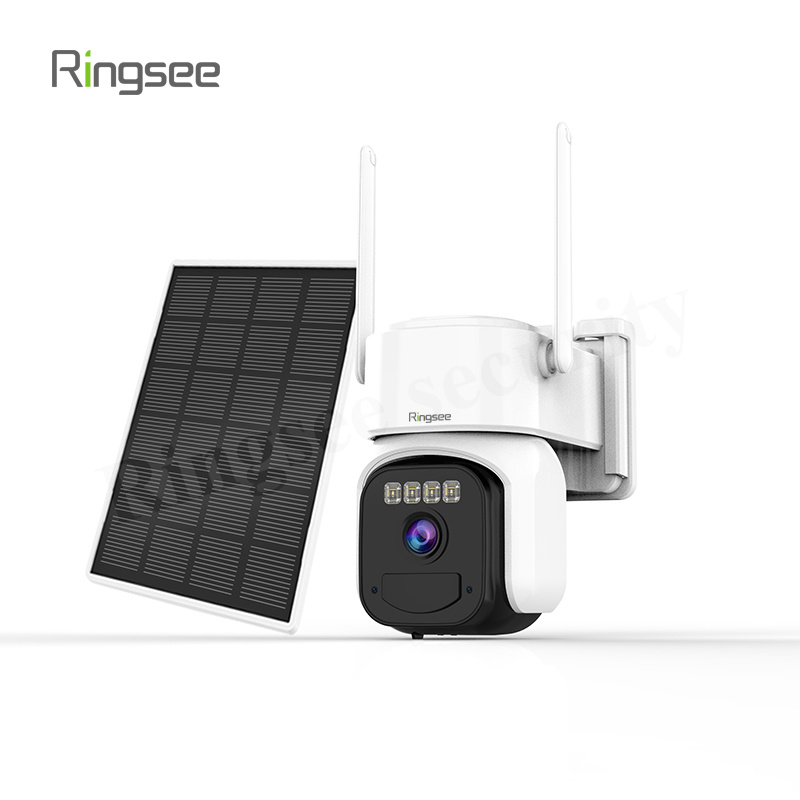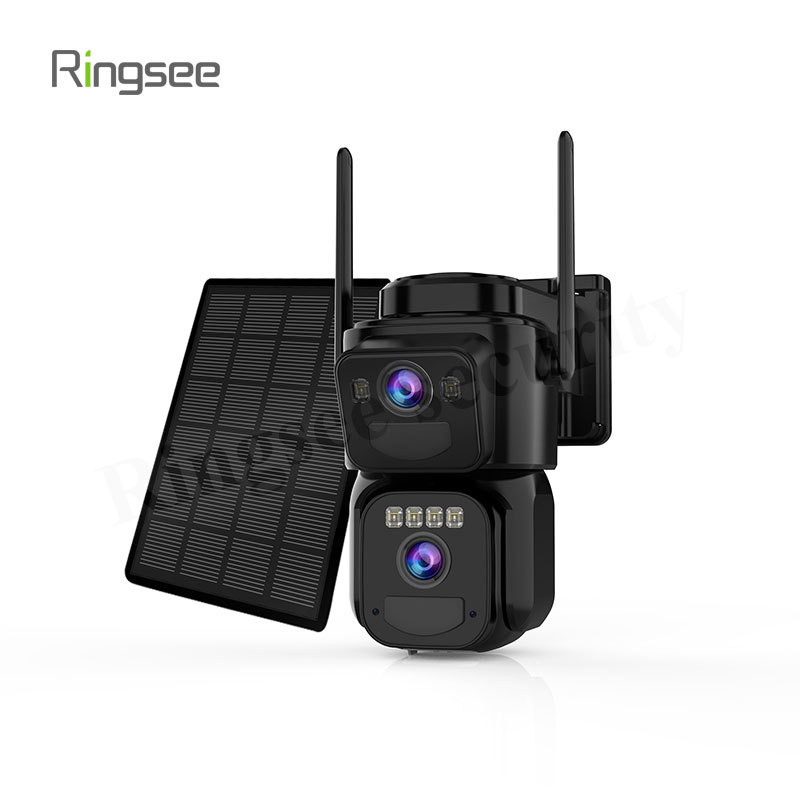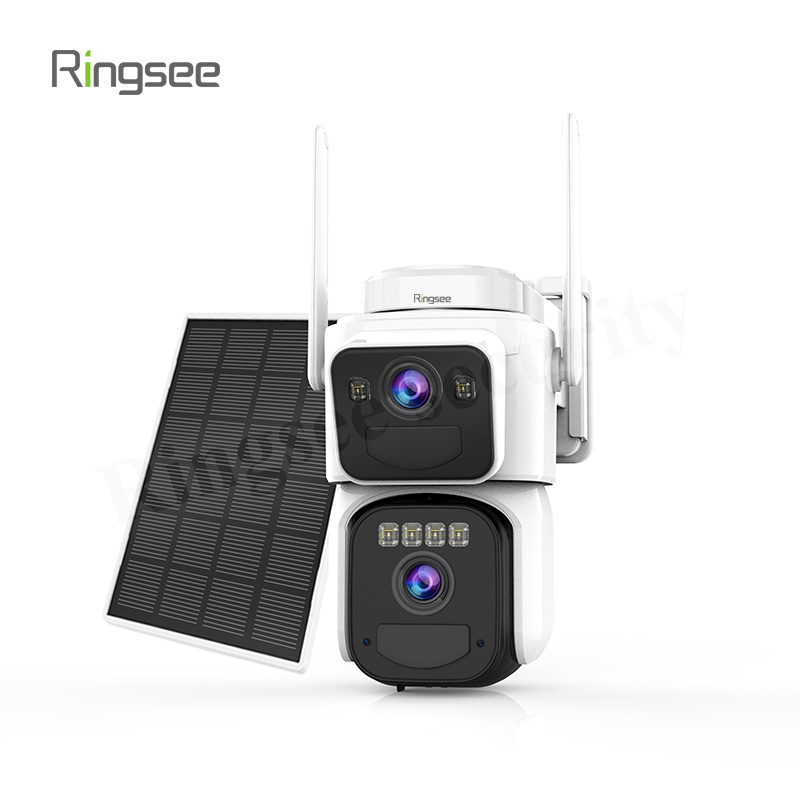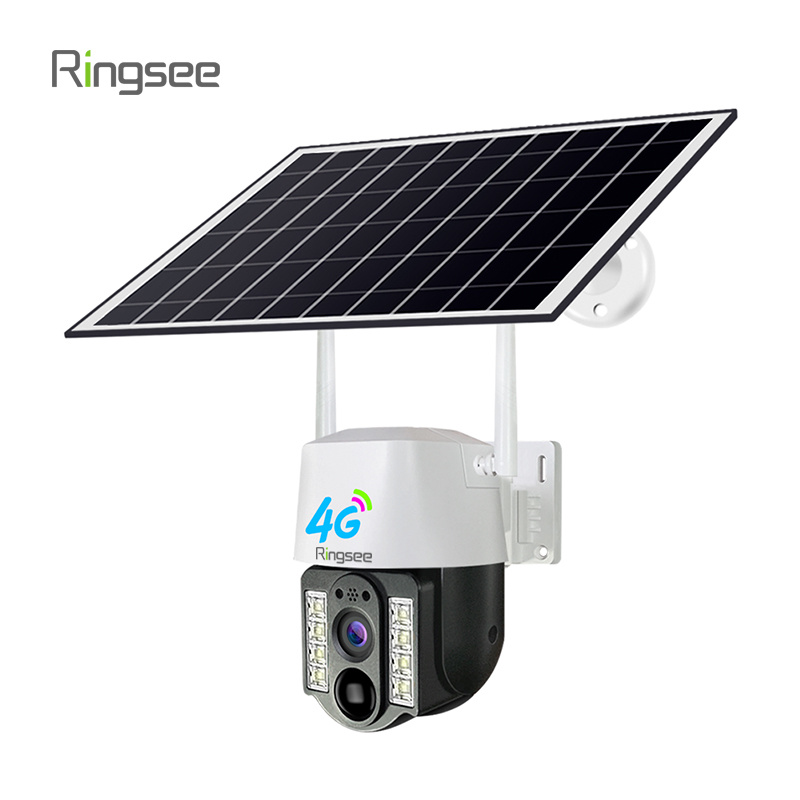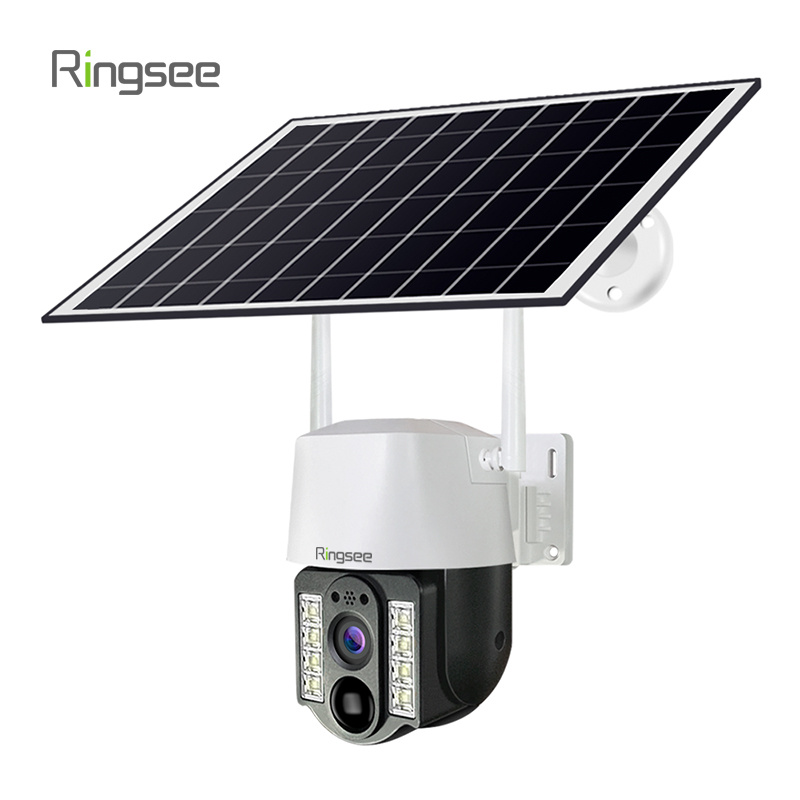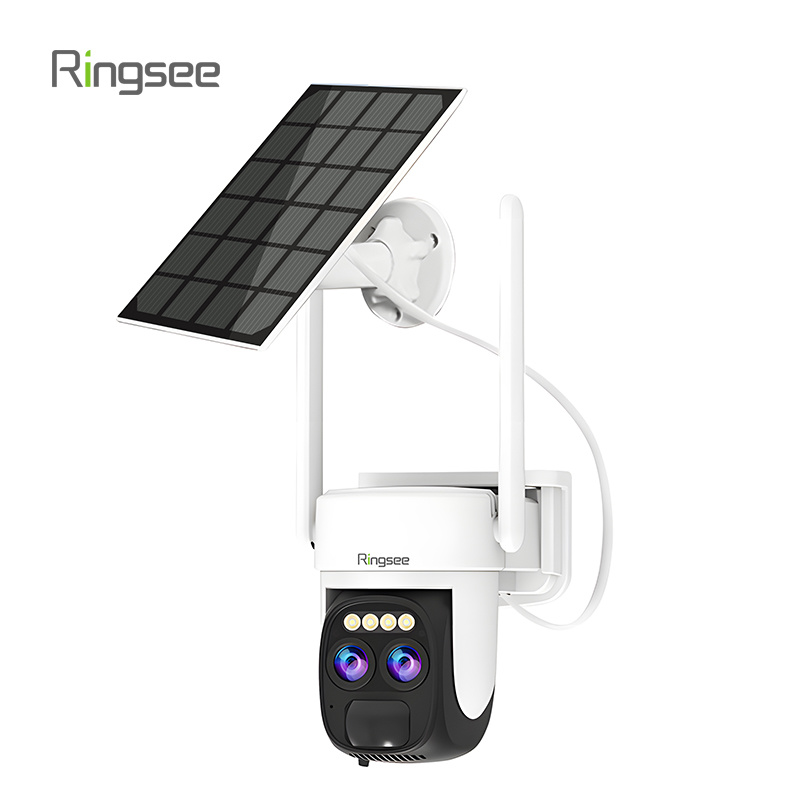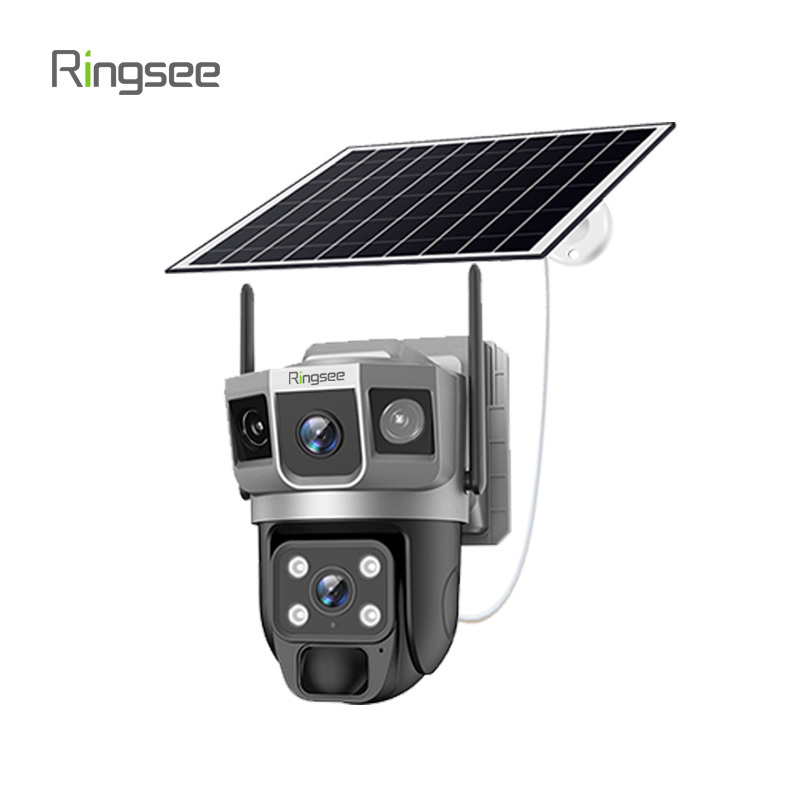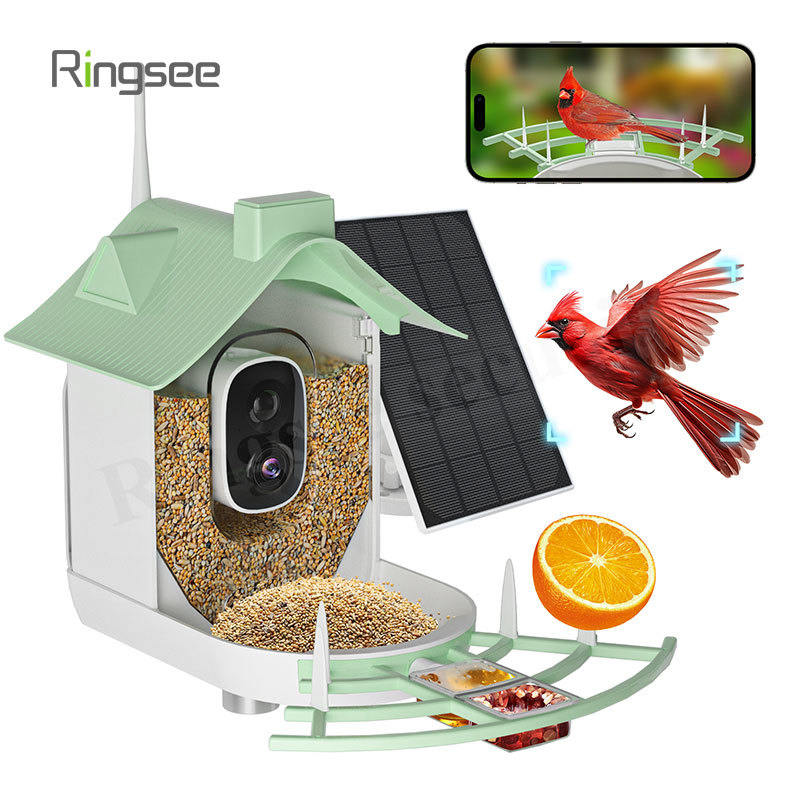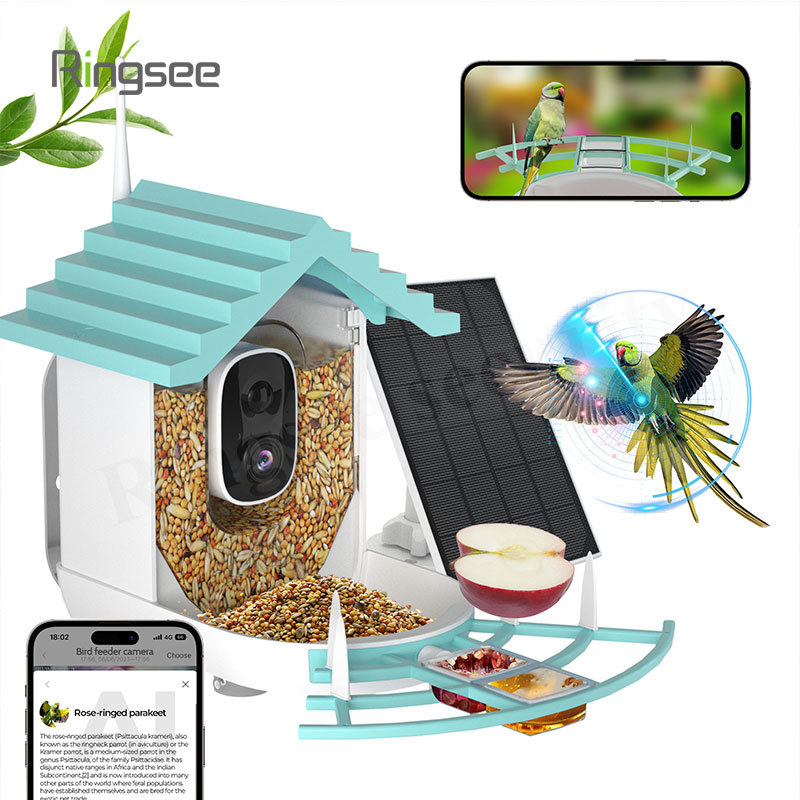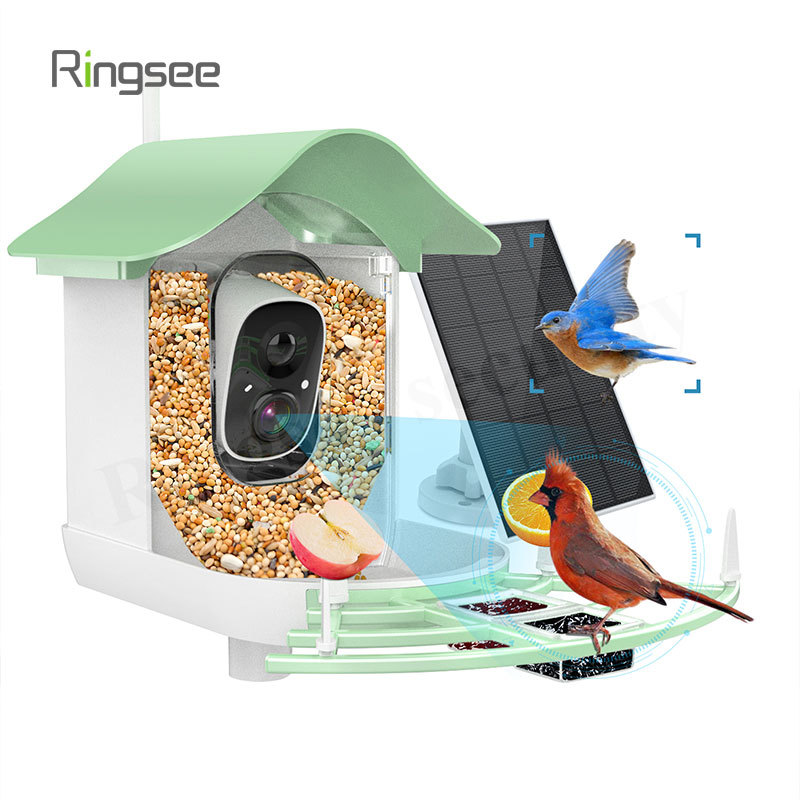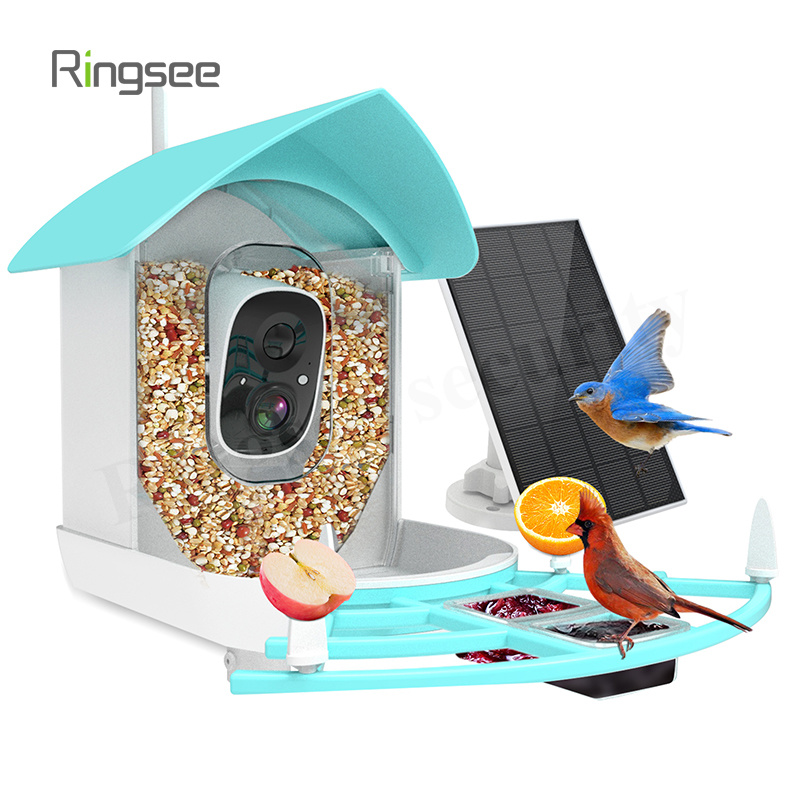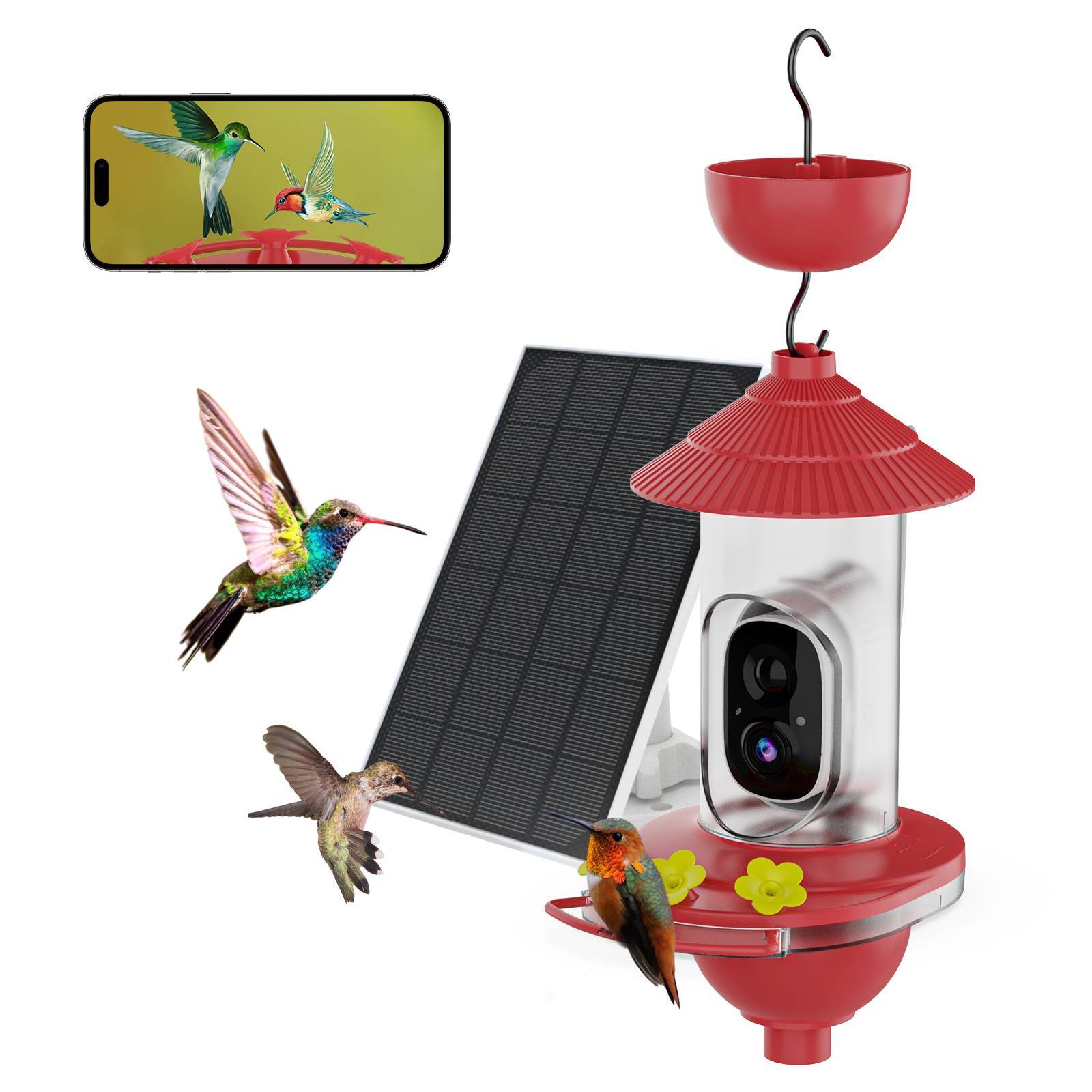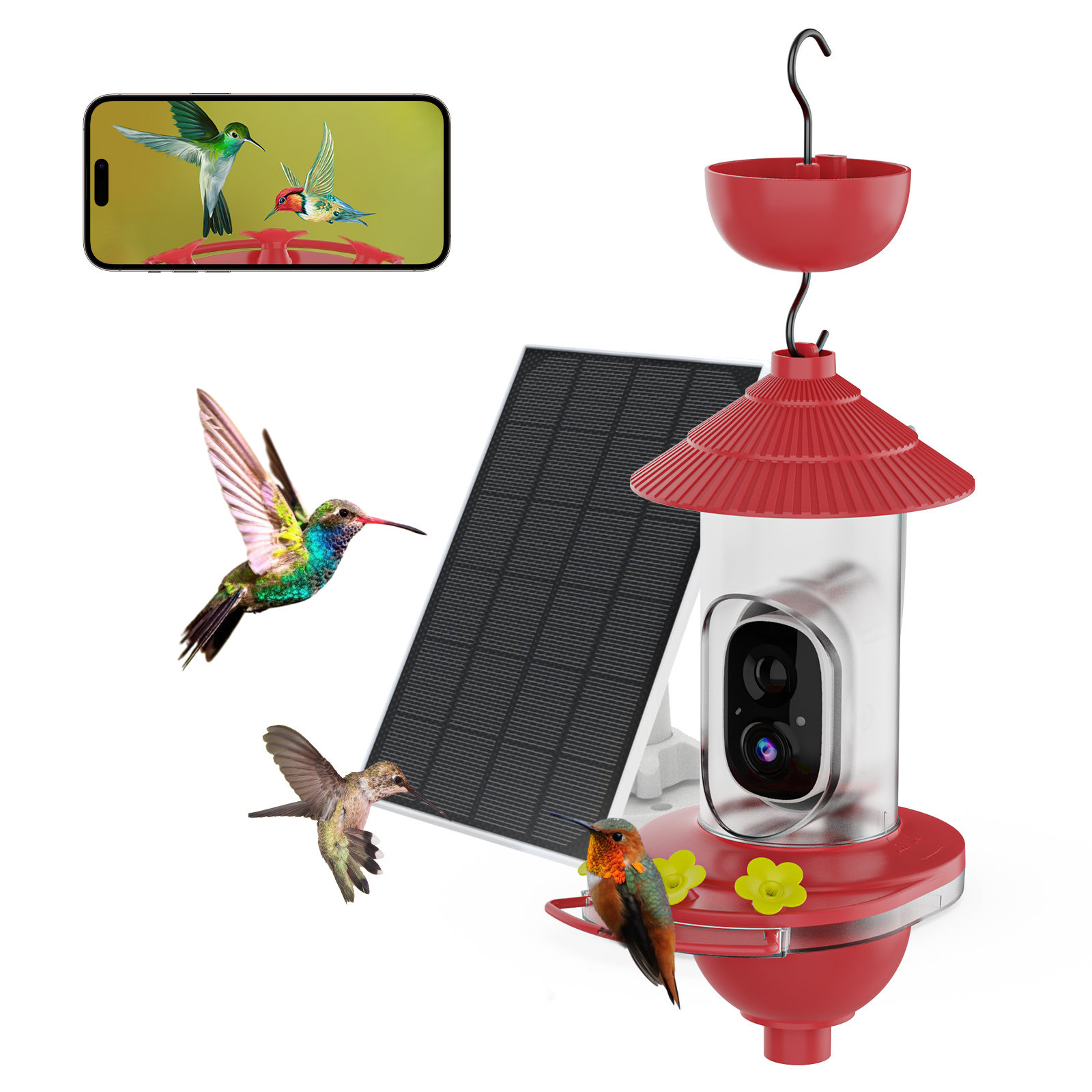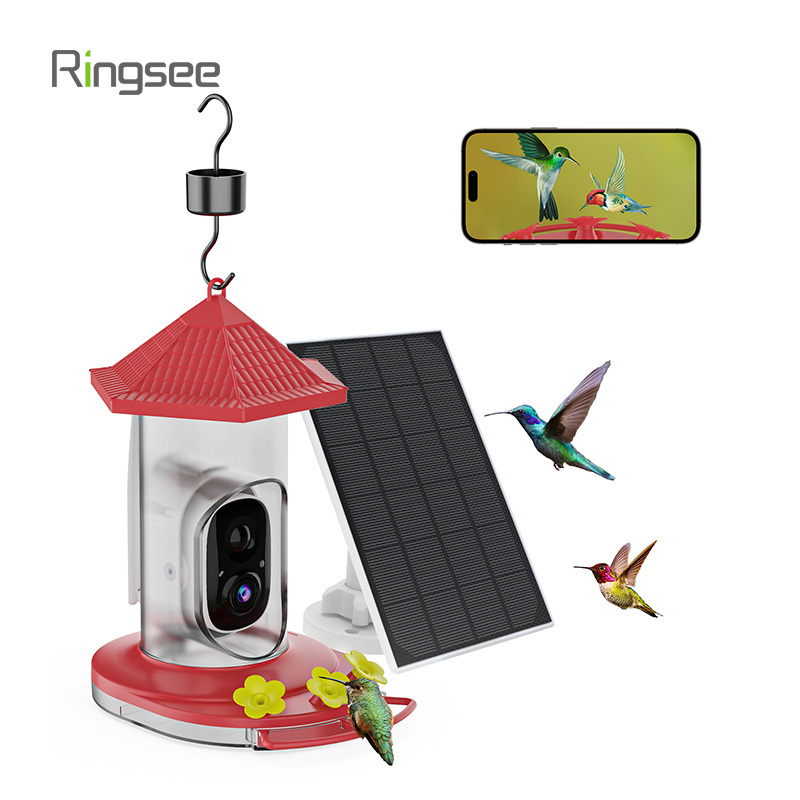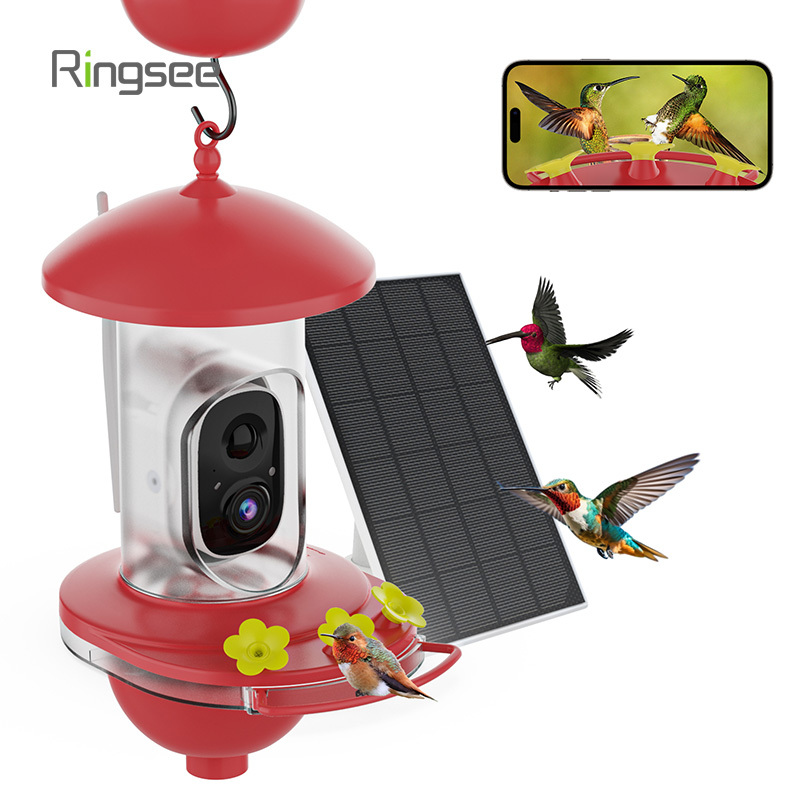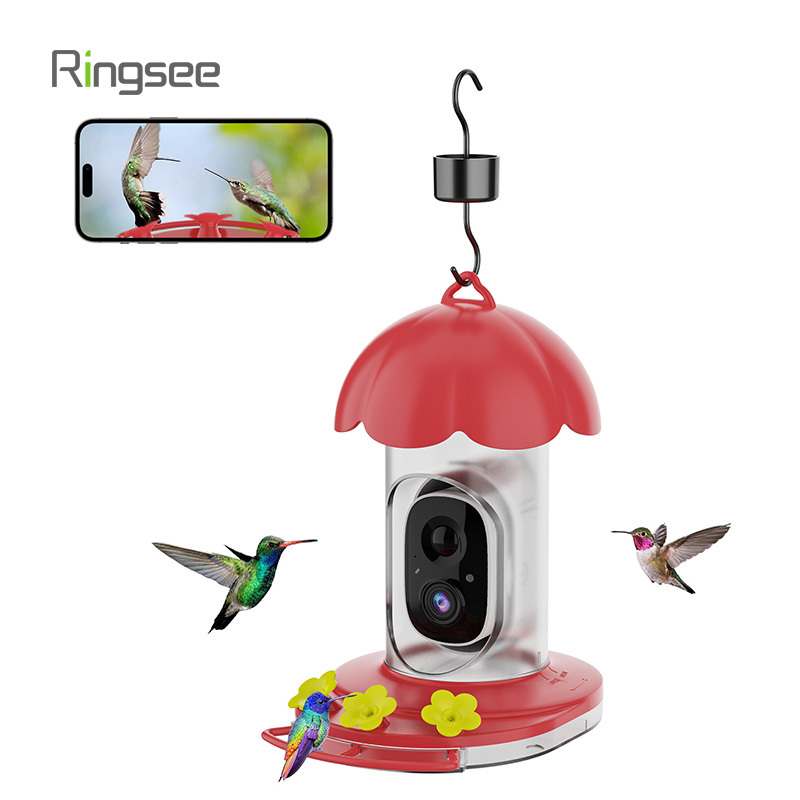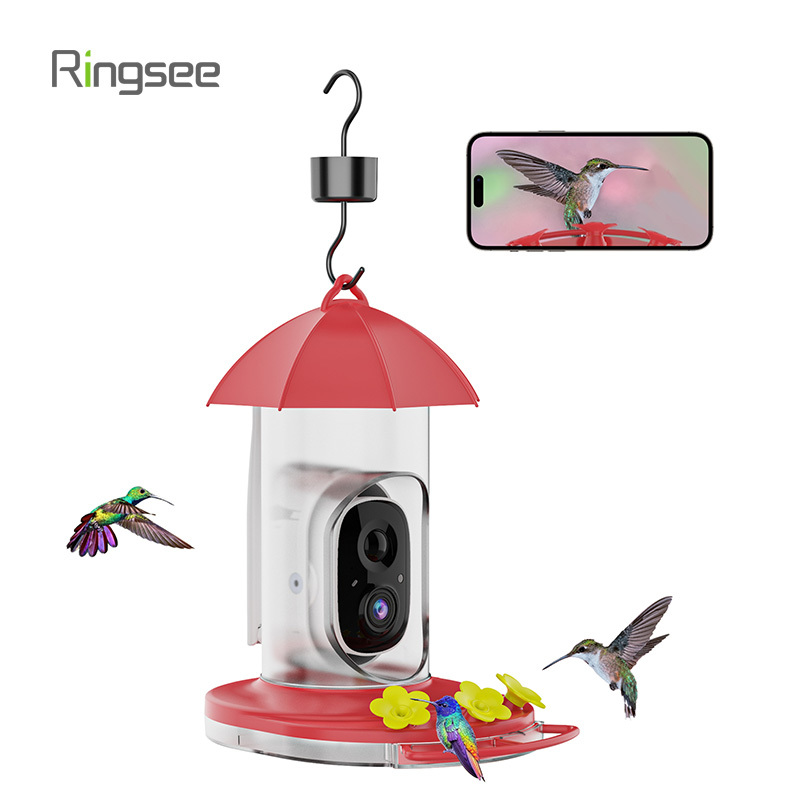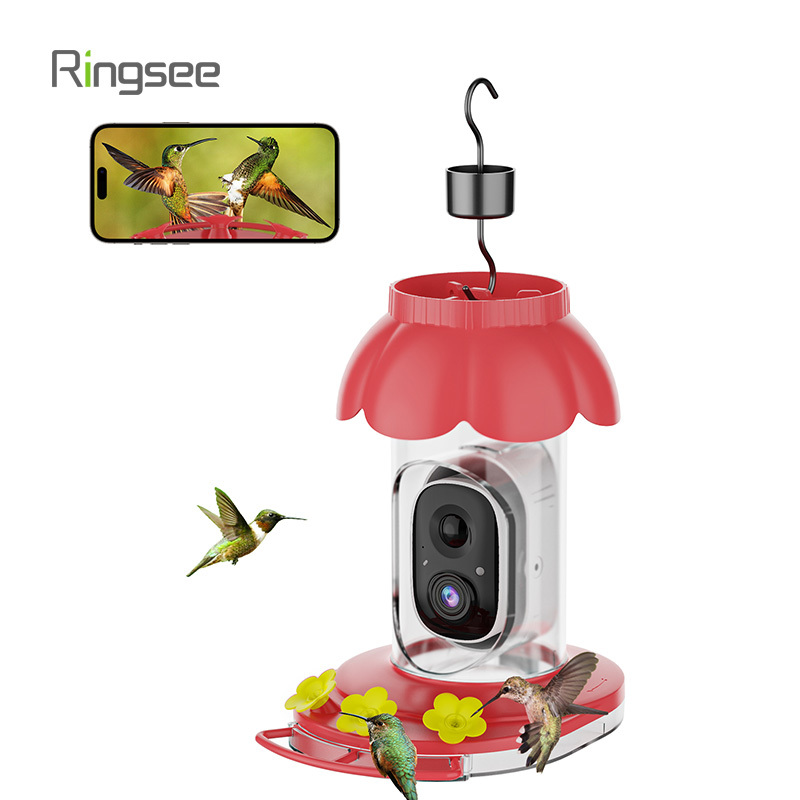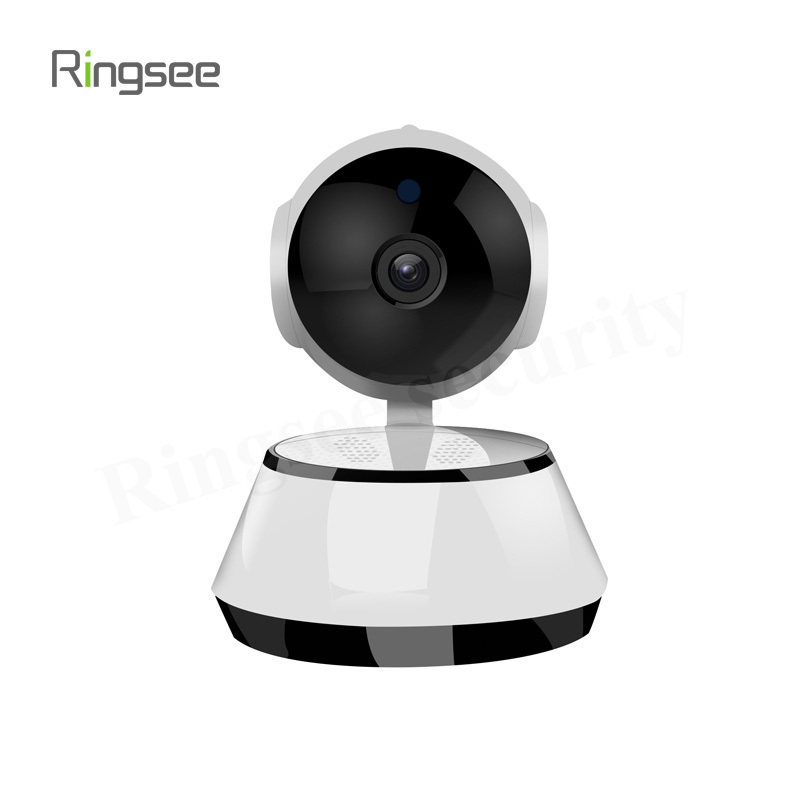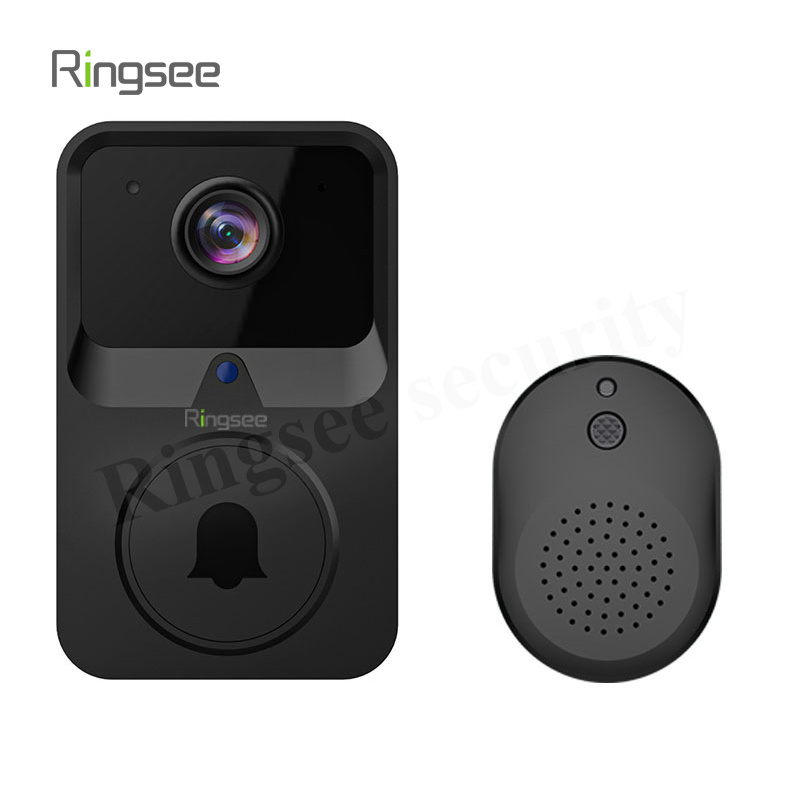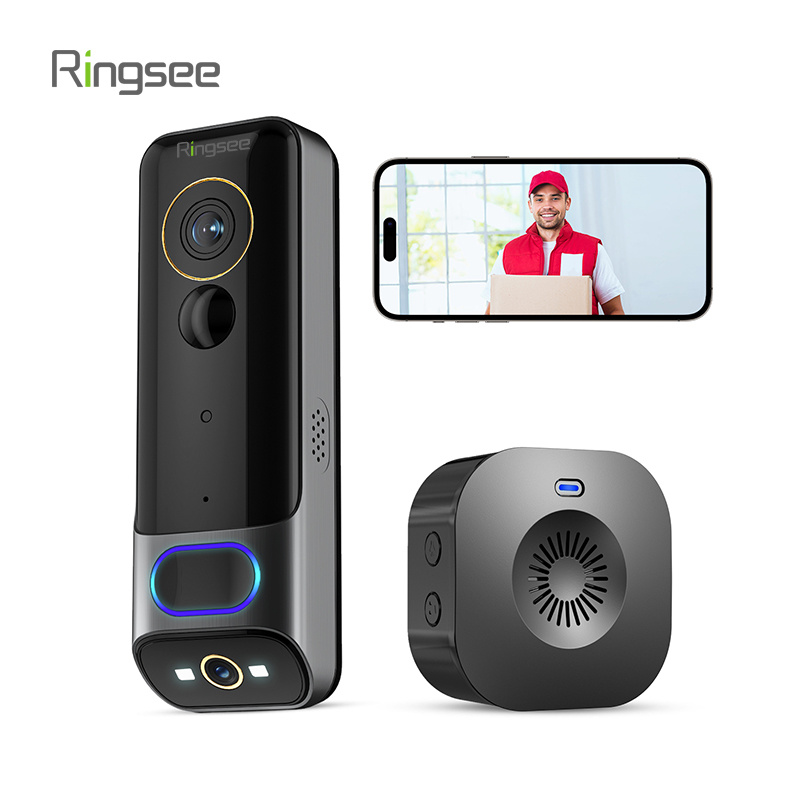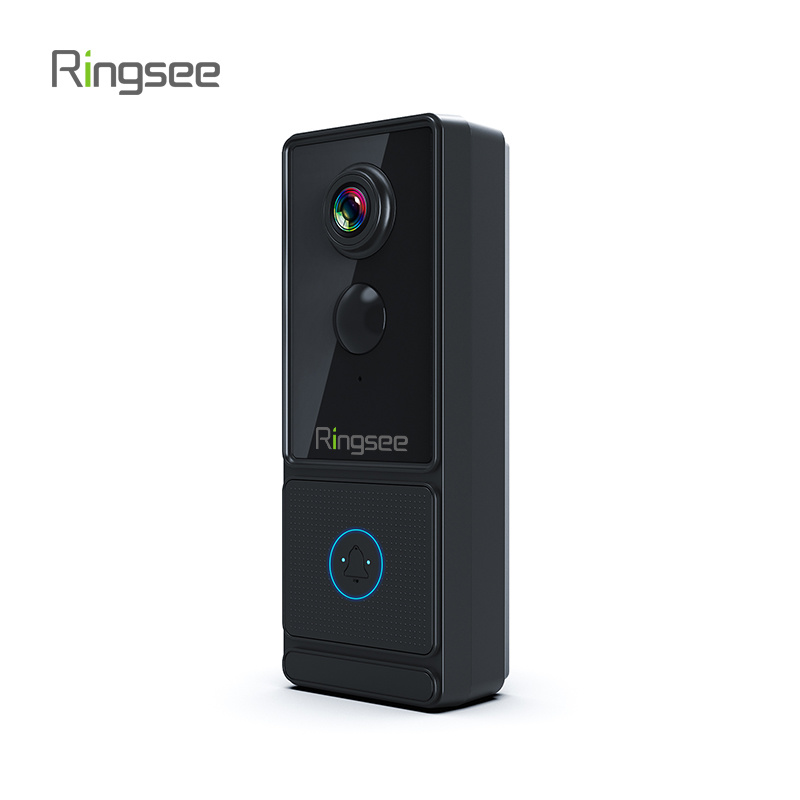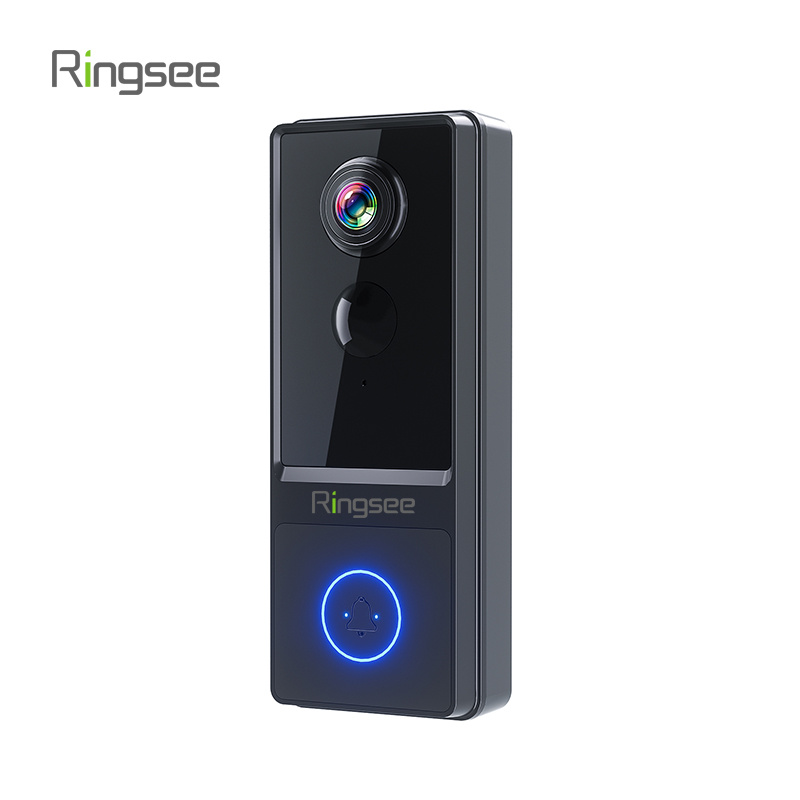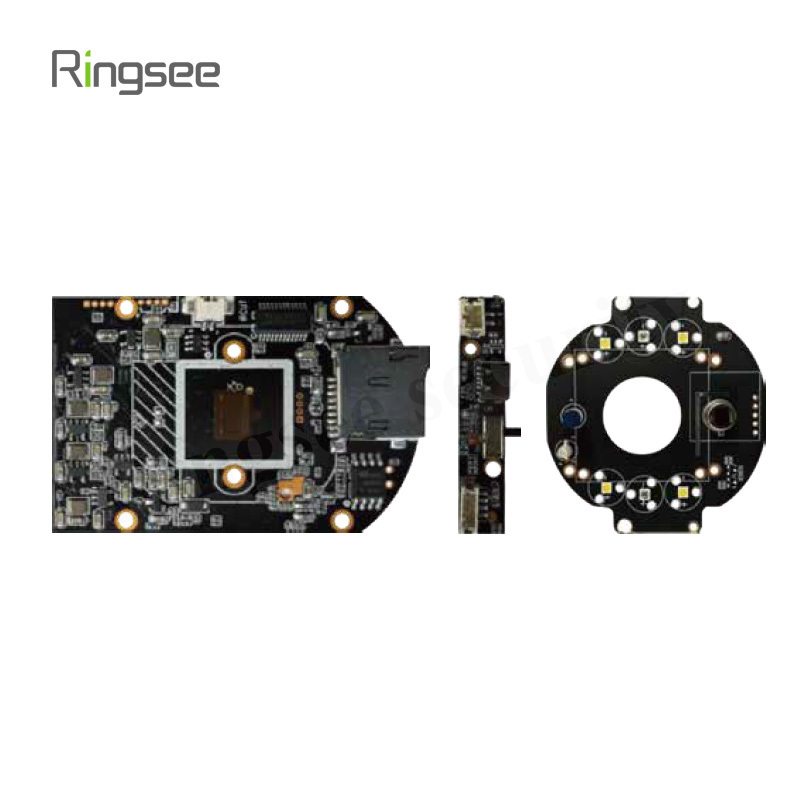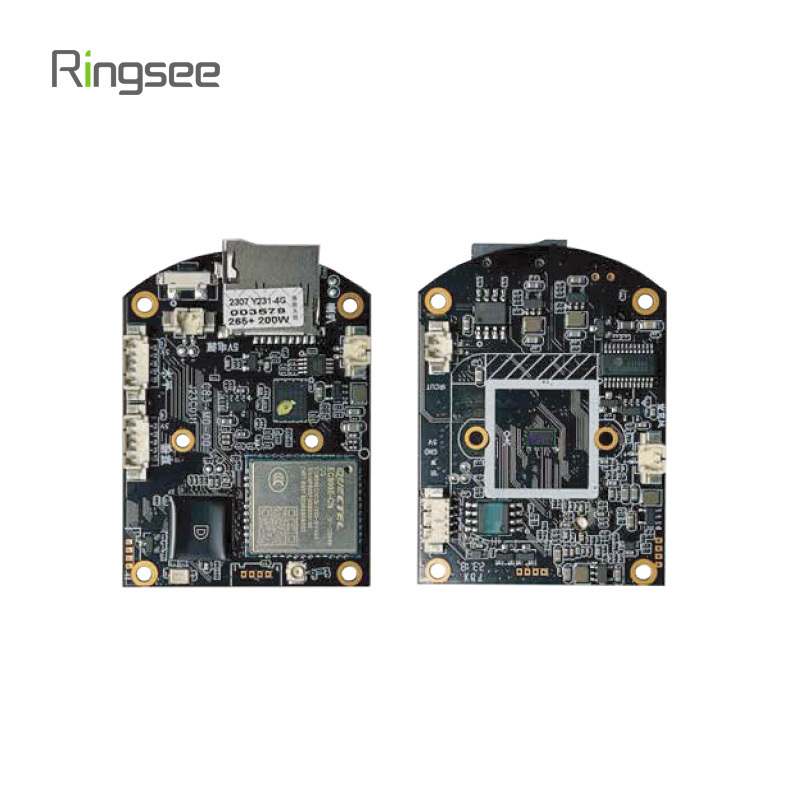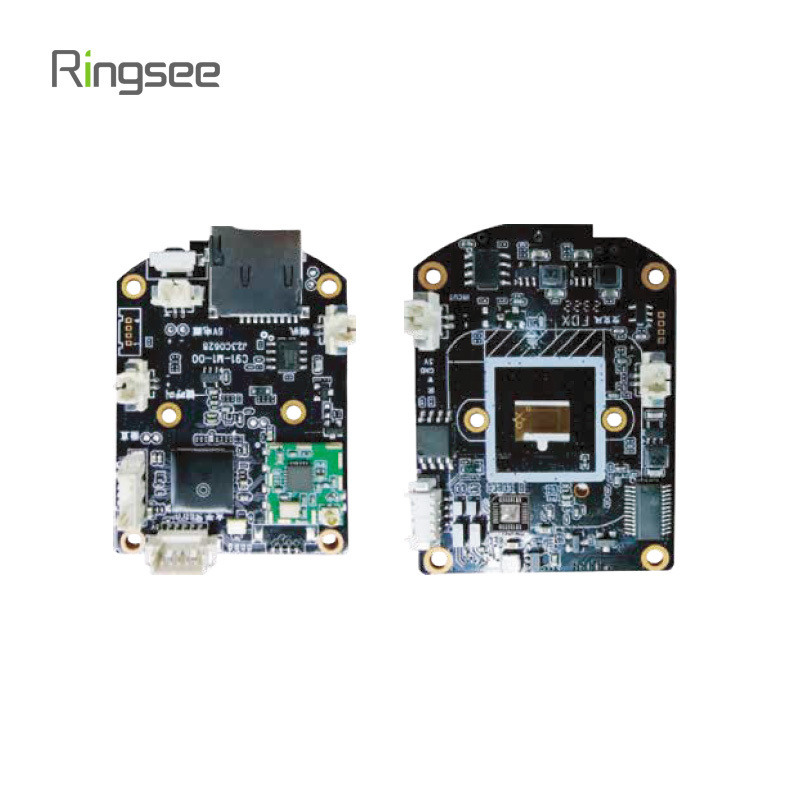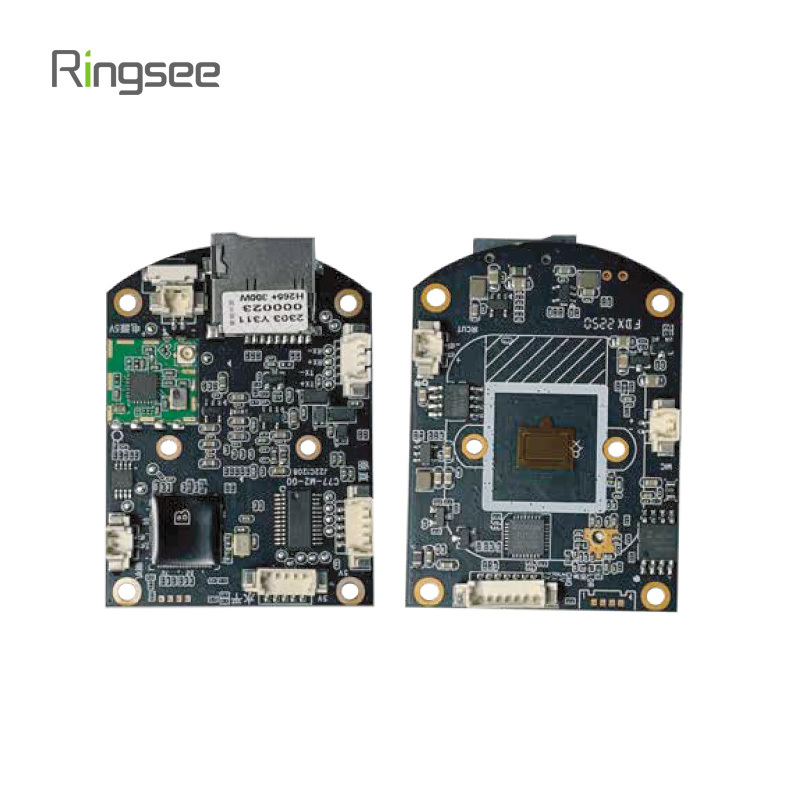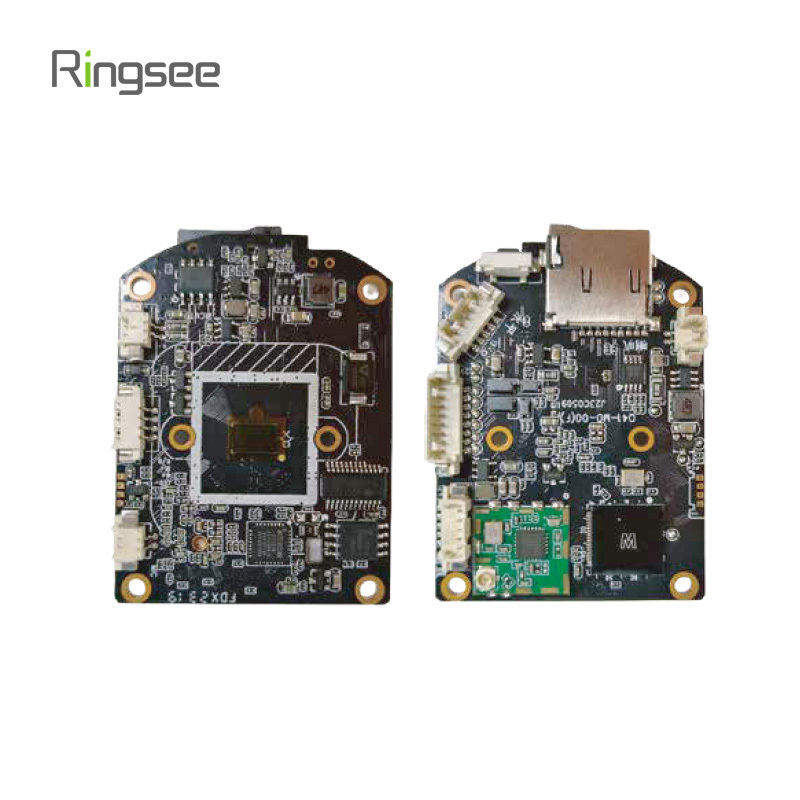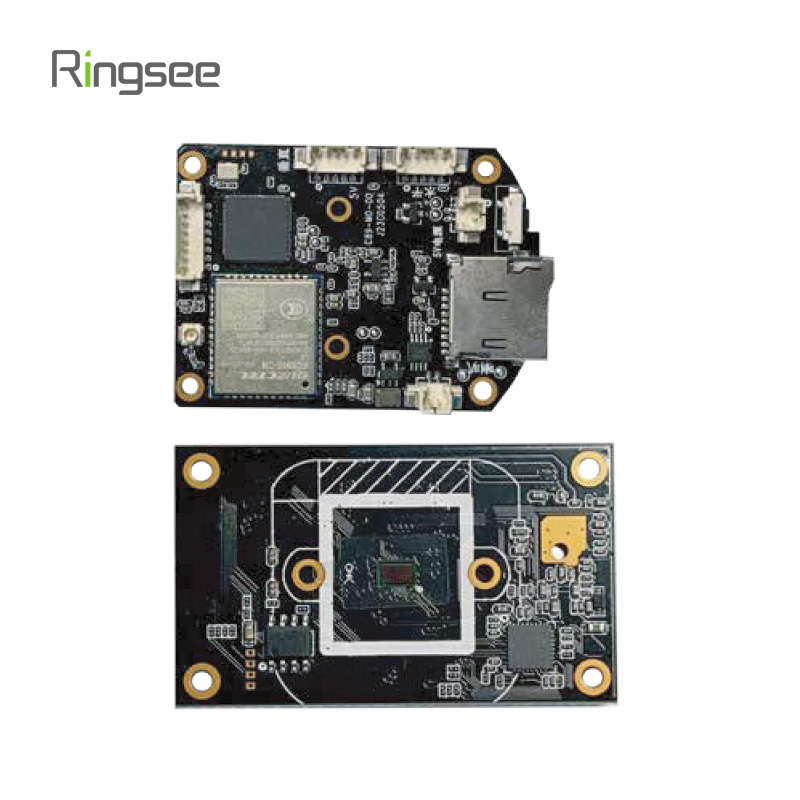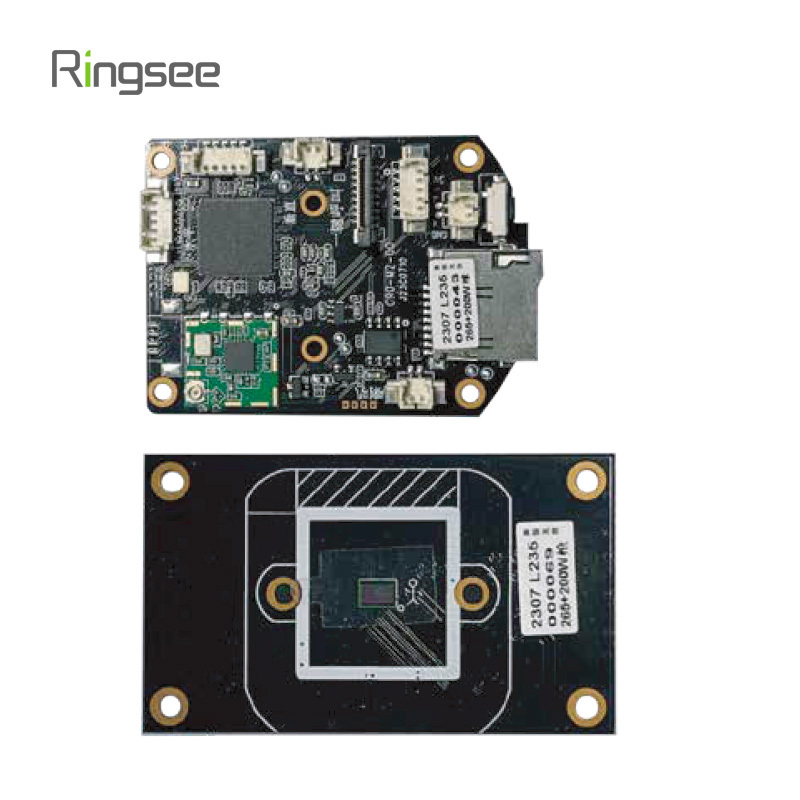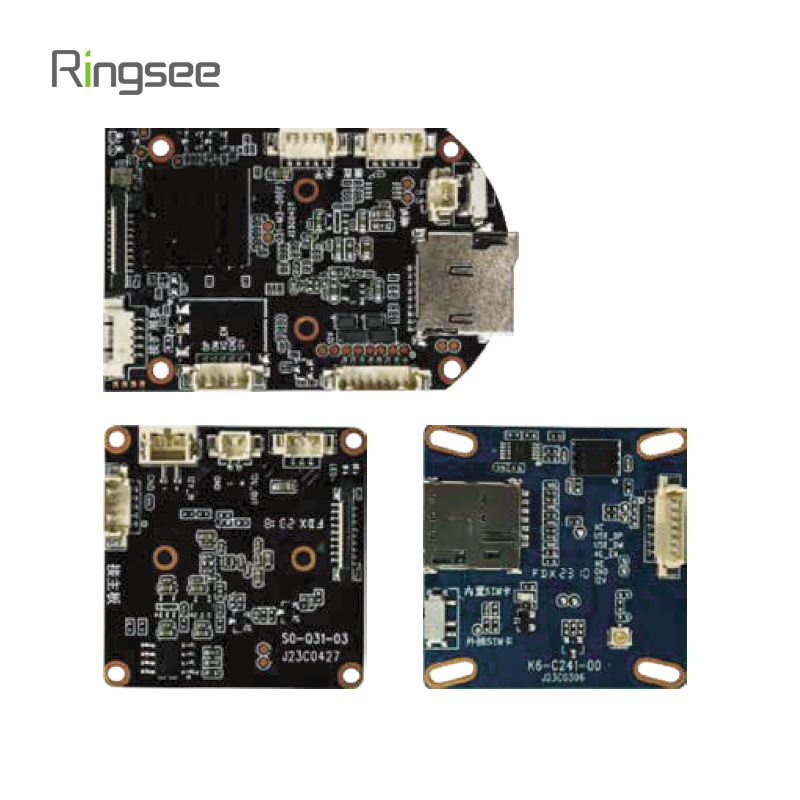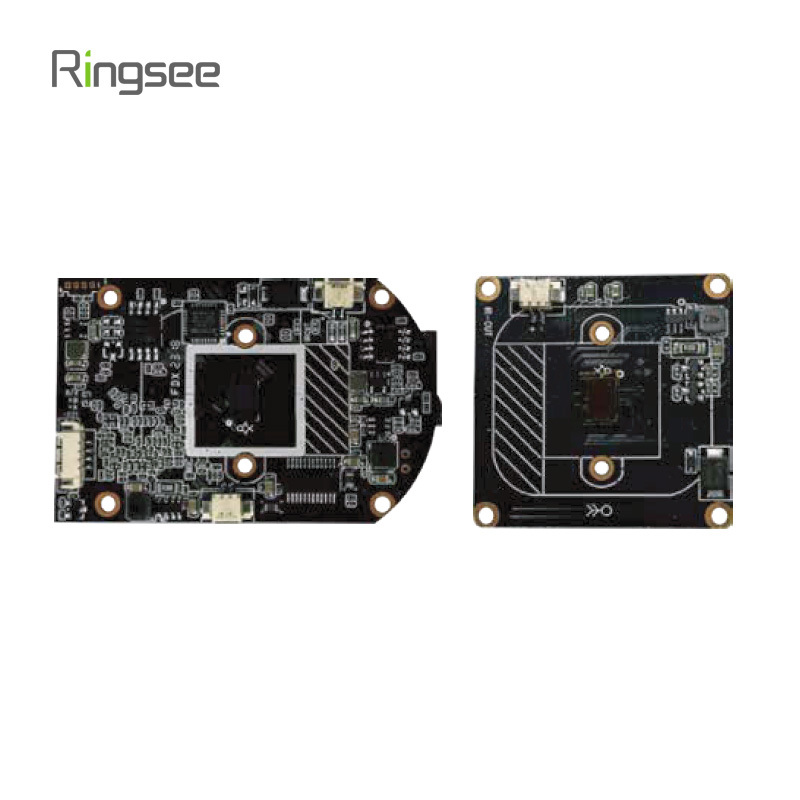
How long does a lithium battery in a security camera last?
The lifespan of a lithium battery in a security camera can vary depending on several factors, such as the camera's usage, the quality of the battery, environmental conditions, and the frequency of charging. On average, a lithium battery in a security camera can last anywhere from 2 to 5 years. However, in solar-powered cameras, the battery life can be extended if the camera is in an area with consistent sunlight, as it will charge itself.
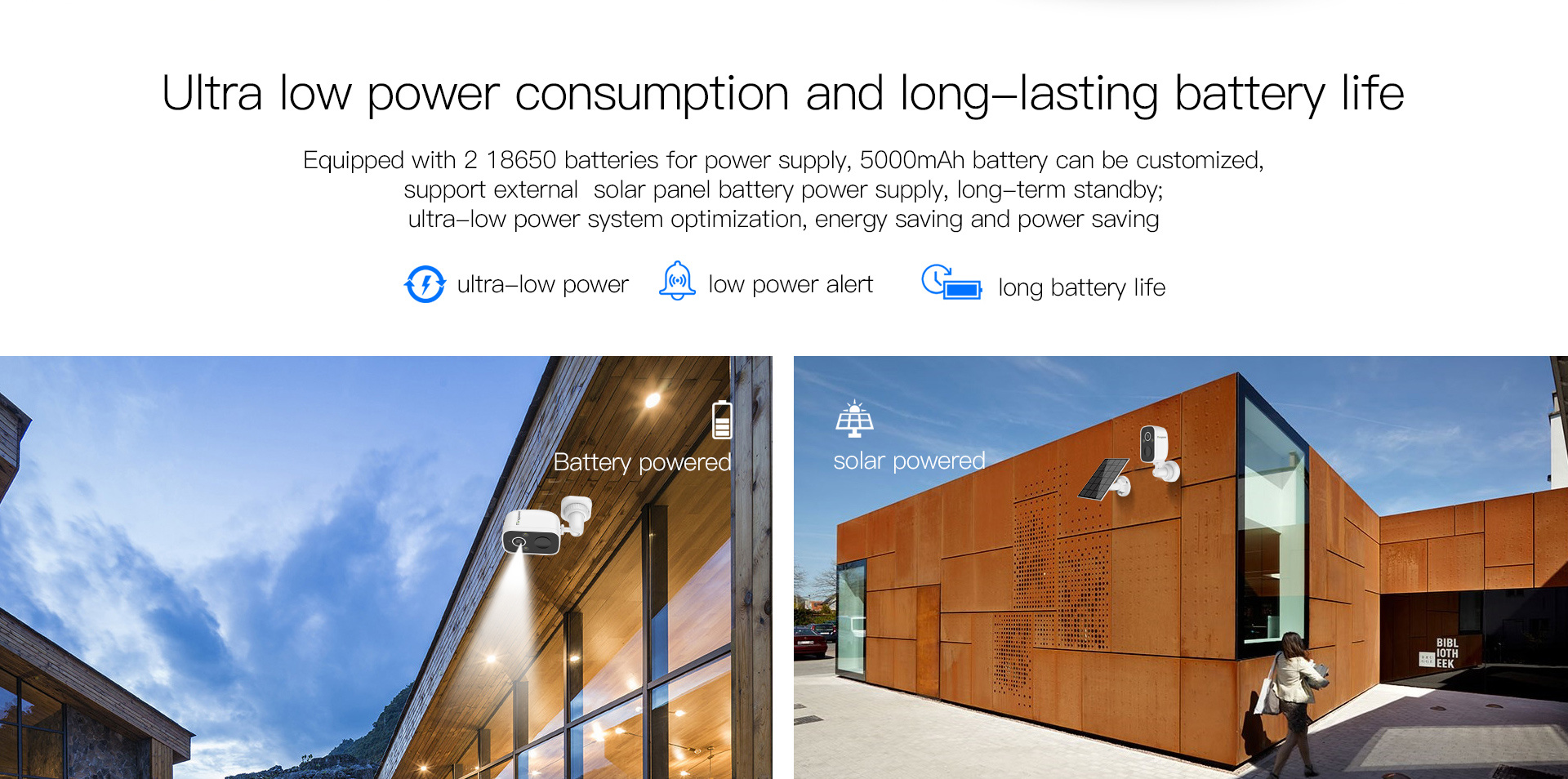
1. Battery Type and Quality
Lithium-ion Batteries: These are commonly used in security cameras due to their high energy density and longer lifespan compared to other battery types. A high-quality lithium-ion battery in a well-designed camera can last between 3 to 5 years before it starts to lose capacity.
Lithium-polymer Batteries: These batteries are often more compact but may have a shorter lifespan, typically ranging from 2 to 4 years.
2. Usage Patterns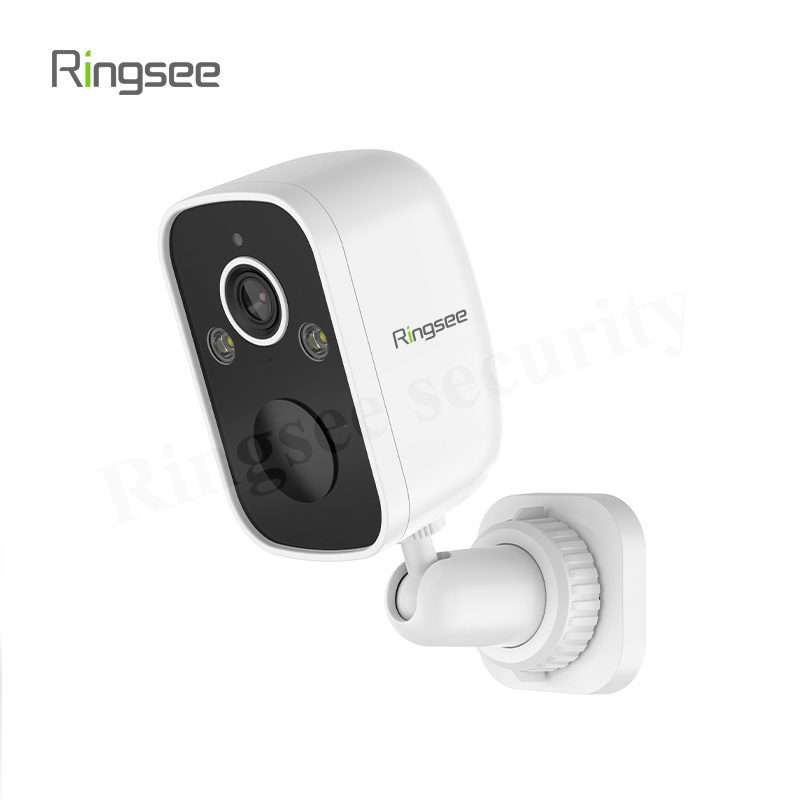
Continuous vs. Motion-activated Recording: Security cameras that record continuously will drain the battery much faster than motion-activated ones. If the camera is recording all the time, the battery could be drained in just a few weeks or months, depending on its capacity.
Frequency of Activity: The more motion the camera detects and the more frequently it transmits data or streams footage, the more energy it uses. A camera that is triggered several times per day will drain its battery faster than one that only records a few times.
3. Environmental Conditions
Temperature Extremes: Extreme cold or hot temperatures can affect the performance and lifespan of lithium batteries. In hot climates, batteries may degrade faster due to higher temperatures, while cold temperatures may reduce the battery's ability to charge or maintain its charge.
Direct Sunlight (for Solar-powered Cameras): If the camera is solar-powered, exposure to direct sunlight helps maintain or extend battery life, especially in good weather. Cloudy weather or a shaded installation location will reduce the amount of power the camera can generate, requiring more frequent charging.
4. Camera Features
High-definition Recording: Cameras that record at high resolutions, like 1080p or 4K, tend to use more power because they capture more data. If your camera is set to record in higher resolutions, the battery may drain more quickly.
Night Vision: Many cameras use infrared (IR) lights for night vision, which can also drain the battery faster if used frequently.
5. Battery Maintenance
Recharging Frequency: If you’re using a rechargeable camera (non-solar), the frequency of recharging will directly affect the battery's lifespan. Regularly discharging and recharging lithium-ion batteries typically doesn't cause much damage, but letting them completely discharge to 0% or leaving them fully charged for prolonged periods can decrease battery life.
Battery Cycles: Lithium-ion batteries have a limited number of charge cycles (usually between 300 to 500 cycles). A cycle refers to a full charge and discharge. If the camera requires frequent recharging, the battery’s capacity will gradually diminish, leading to shorter runtimes over time.
If you're using a standard battery-powered security camera, the battery typically needs to be replaced every 1-2 years, depending on the camera's power consumption and how often it records or transmits data.If you have a solar-powered option like Ringsee's, you may find the battery lasts longer with the consistent recharging from the solar panel.
Add: 14th Floor, Baoshan Building, Longhua District, Shenzhen China.
Privacy Policy | SEO | CitySite | Support: 300.cn Dongguan
COOKIES
Our website uses cookies and similar technologies to personalize the advertising shown to you and to help you get the best experience on our website. For more information, see our Privacy & Cookie Policy
COOKIES
Our website uses cookies and similar technologies to personalize the advertising shown to you and to help you get the best experience on our website. For more information, see our Privacy & Cookie Policy
These cookies are necessary for basic functions such as payment. Standard cookies cannot be turned off and do not store any of your information.
These cookies collect information, such as how many people are using our site or which pages are popular, to help us improve the customer experience. Turning these cookies off will mean we can't collect information to improve your experience.
These cookies enable the website to provide enhanced functionality and personalization. They may be set by us or by third-party providers whose services we have added to our pages. If you do not allow these cookies, some or all of these services may not function properly.
These cookies help us understand what you are interested in so that we can show you relevant advertising on other websites. Turning these cookies off will mean we are unable to show you any personalized advertising.

